TOP DESTINATIONS
- Kruger Park
- Okavango Delta
- Serengeti National Park
- Victoria Falls

TOP COUNTRIES
- South Africa
TRAVEL DEALS
View All Travel Deals
SOUTHERN AFRICA
East africa, indian ocean islands, top experiences.
- Beach Holidays
- Family Safaris
- Honeymoon Safaris
- Desert Safaris
- Luxury Rail Safaris
- Multi-Generational Safaris
- Positive Impact Safaris
- Photographic Safaris
- Walking Safaris
WILDLIFE SAFARI
- Big Five Safaris
- Birding Safaris
- Gorilla Trekking Safaris
- Migration Safaris
- Mobile Camping Safaris
- Horseback Safaris
FEATURED EXPERIENCES
Comfort levels, property types.
- Tented Camps
- Boutique Hotels
Featured Safari Collections
- Ker & Downey Botswana
- Saruni Basecamp
- Great Plains
- The Safari Collection
GET TO KNOW US
- Meet The Team
- Pricing Explained
- Traveller Reviews
- Traveller Stories
- Why Book With Us?
- HerdTracker
- Safari Cost Calculator
- South Africa In 360
- Trusted Safari Partners
What are you looking for?
- Safaris & Tours
- Destinations
- Experiences
- Accommodations
- Why book with us?
Hello traveller!
It's in Cape Town now.
We're sorry. Our safari planners aren't available now. Our office hours are 08:00 - 19:00 (GMT+2).
Call us to speak to an experienced safari planner.
Alternatively, we recommend...
Schedule a phone or Zoom call with one of our safari planners
Complete our travel enquiry form to connect with a safari planner
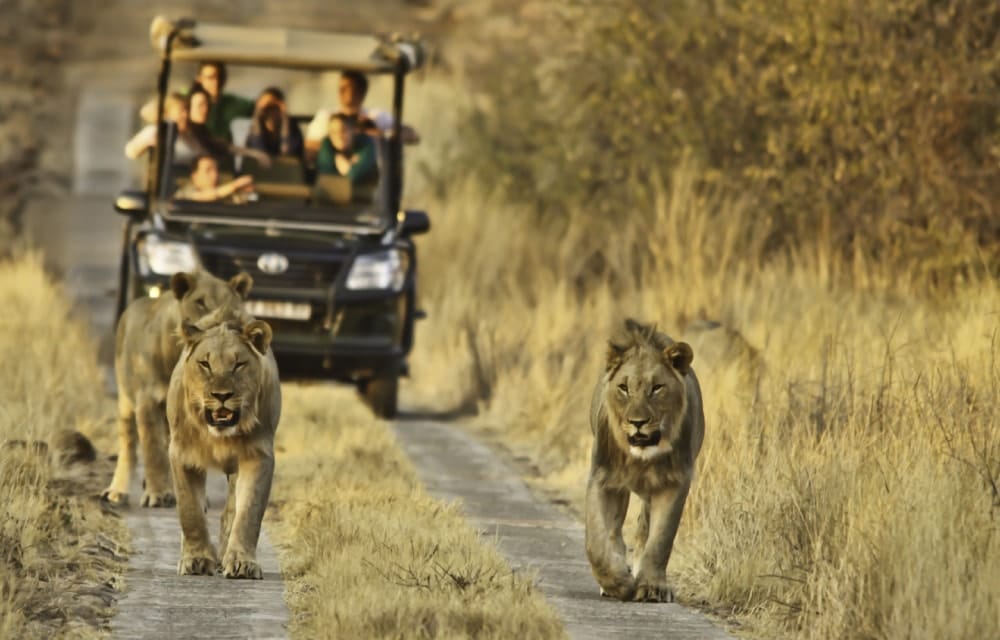
Why do Lions Not Attack When You are in a Safari Vehicle?

Author: Adelle Belle - 29 September 2023
Last Update: 26 April 2024
Part of the African Safari Collection
In this insightful article, we’ll delve into the behavioral patterns of lions, especially during safari tours in Africa . We will uncover the science behind why these majestic creatures, known for their predatory instincts, choose not to attack when you are in a vehicle.
From understanding their perception of the vehicle to the role of the safari guidelines, this article presents a comprehensive view that will appeal to both adventure enthusiasts and wildlife lovers.
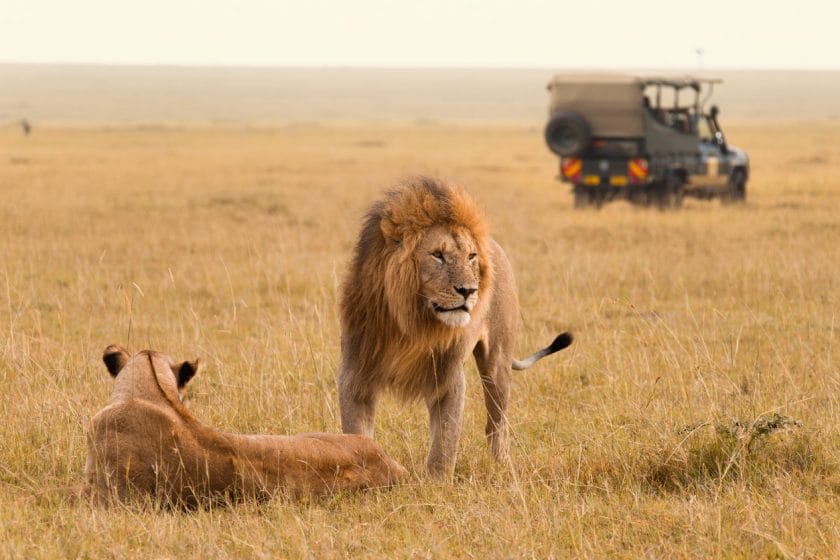
Let’s explore the key reasons why a lion will avoid attacking an approaching vehicle.
Predator Perception
To understand why a lion avoids attacking a safari vehicle, it’s important to be aware of predator perception, which illustrates a lion’s thought process before attacking.
Lions are natural and instinctive hunters, and because they’ve evolved as predators for thousands of years, they follow their instincts when it comes to the things they see and interact within their environment.
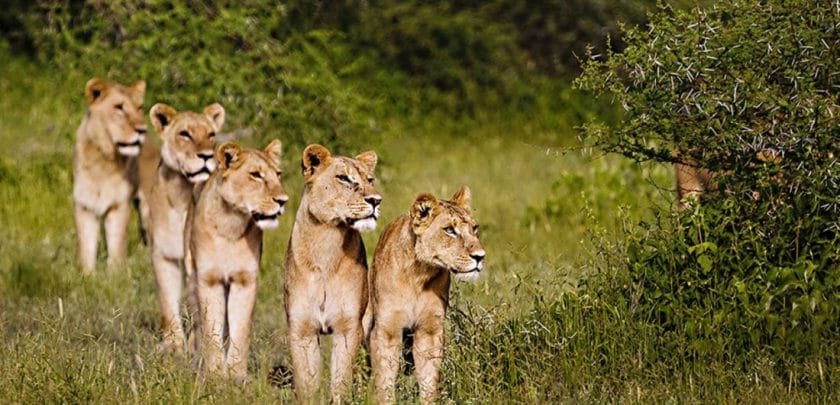
There are two key reasons why lions attack when they do. They either see a specific target as food or a threat. A human on its own may fall into one or both of these categories, which is why lions may very well attack a human out in the open.
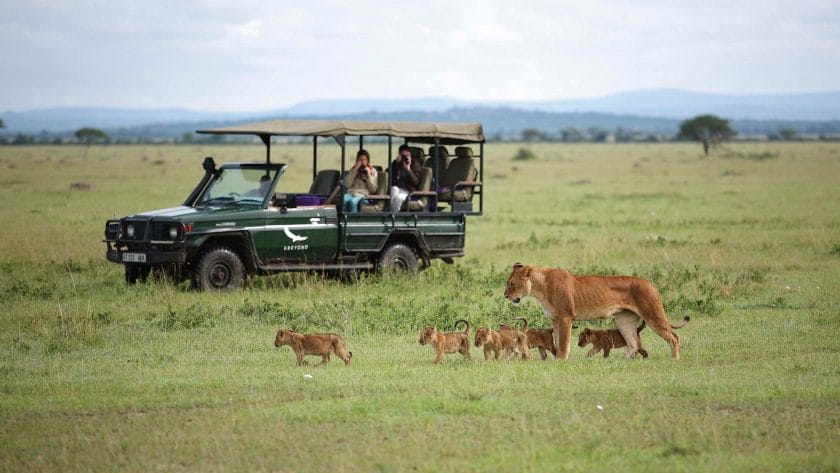
However, lion and human interaction becomes very different when a safari vehicle is involved. A human or group of humans can consider vehicles relatively safe from lion attacks because lions understand the size difference between themselves and a vehicle.
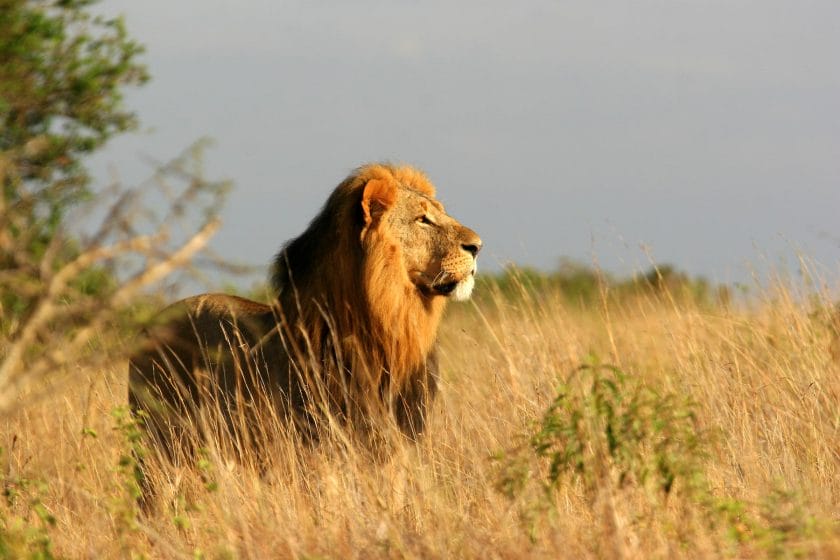
Because a vehicle is much larger than a lion, lions do not see the vehicle as a source of food. The safety of the vehicle often prevents lions from viewing the humans inside as food as well.
Safety measures are put in place to ensure responsible tourism practices, and these help keep lions from feeling threatened by approaching vehicles.
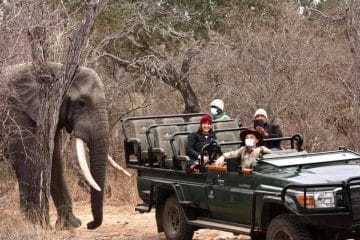
Greater Kruger Safari Short and Sweet
From $ 1360 /USD

Affordable Sabi Safari
Southern Africa South Africa Sabi Sands
From $ 1490 /USD
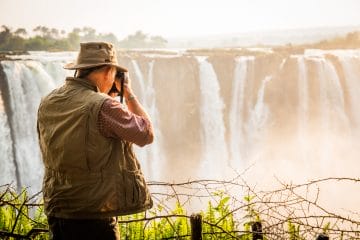
Livingstone Discovery
Zambia Livingstone Victoria Falls
From $ 1570 /USD
Responsible Tourism
Safari coordinators and staff members understand lion behavior, and as such, they develop safari vehicle safety measures so that attacks are unlikely to occur. For example, vehicles are typically slow-moving, which helps reduce the odds of surprising a lion in the wild.
Furthermore, during trips, passengers are instructed to remain in the vehicle at all times, and the vehicles usually remain on clearly marked trails.
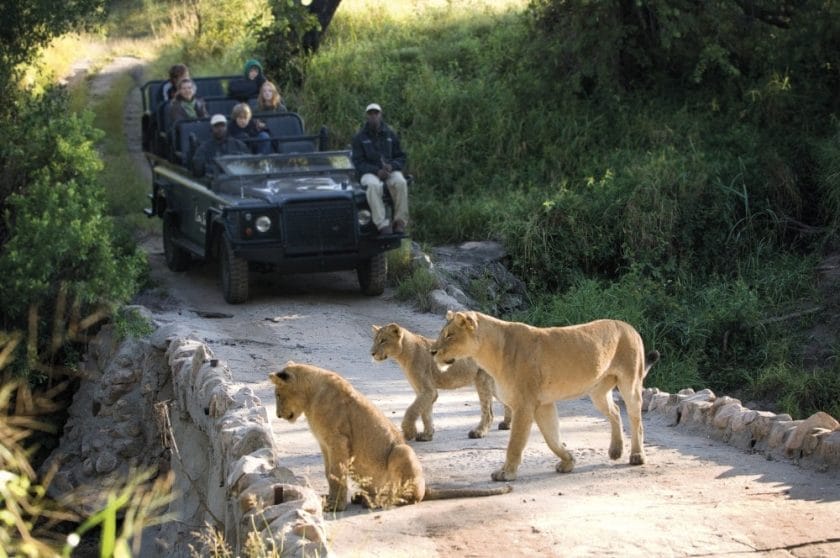
Because coordinators are dedicated to wildlife conservation and practicing responsible tourism, the approach they take with safari vehicles aims to infringe upon lion habitats as little as possible, while still allowing tourists to observe these majestic animals.
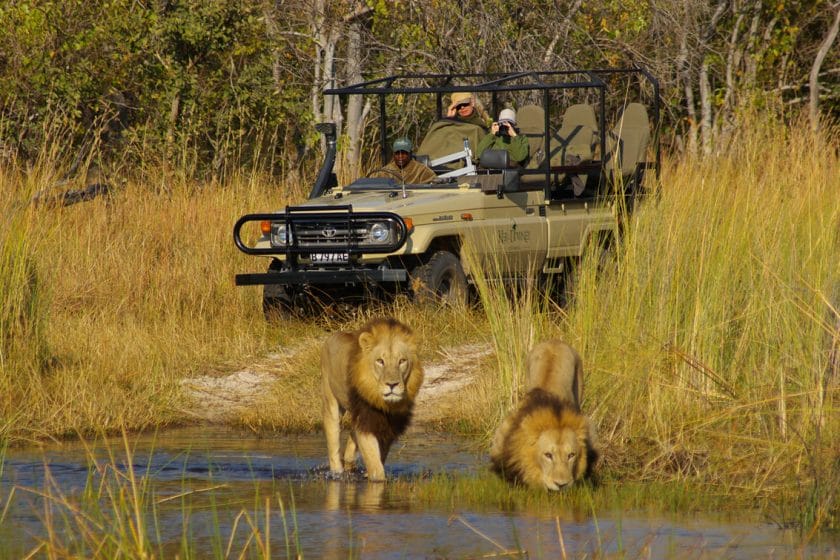
In some scenarios, lions may become curious about a safari vehicle and approach it to get a closer look. During these circumstances, tour leaders will instruct passengers to keep their hands and feet inside the vehicle and remain both still and quiet until the lion loses interest.
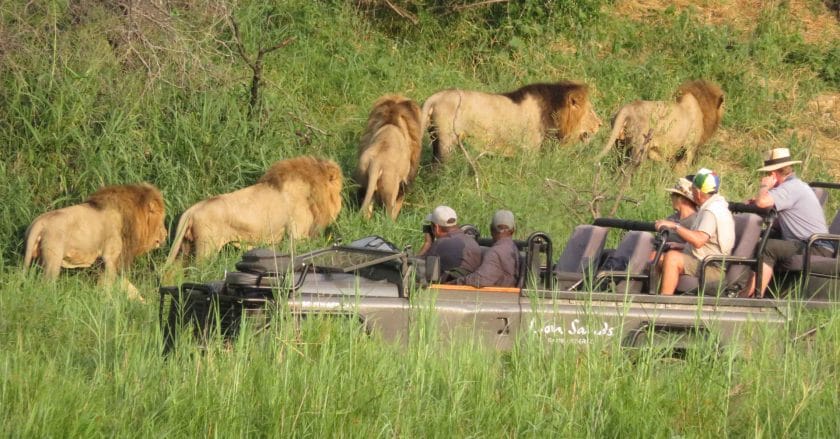
Lion attacks on safari vehicles are incredibly rare, both due to a lion’s natural instinct to hunt familiar prey and the safety protocols put in place by the coordinators.
If you’d like to embark upon a lion safari in Africa , consider exploring with Discover Africa . Visit our website and take a look at our variety of offerings and accommodations to find the sort of adventure that fits your needs.
All You Need to Know About the Colorful Coral Reefs of East Africa
20 of the Weirdest Mating Rituals of African Animals
Why travel with us?
Recent reviews from travellers who planned and booked their africa trips with discover africa safaris, very well organized.
5 Day Safari in Sabi Sands & Kruger Review
Martin, Czechia 05 Feb 2024
Professional, knowledgeable and intuitive to what we actually wanted from our time....
Southern African Highlights Tour Review
Jenny, Australia 13 Sep 2023
Megan at discover africa organised an incredible tour for us..
16 Day South Africa & Zimbabwe Safari
Kylie, Australia 17 Apr 2023
Professional and responsive.
3-night Safari in Madikwe Game Reserve Review
Rosie, United Kingdom 24 Dec 2022
Uganda, Kenya & Madagascar Honeymoon Safari Review
Mike Mortley, Canada 09 Sep 2022
Made the trip of a lifetime so much more.
Sabi Sands Adventure Review
Alex, United States 04 Mar 2019
Registered Members of these Organizations
USEFUL LINKS
- Safari Tours
- Accommodation
- Why Book with us?
- Content Collaborations
- Safari Cost Estimator Tool
- Wildebeest Migration
- Privacy Policy
- Website Terms of Use
POPULAR COUNTRIES
- View All Countries
POPULAR DESTINATIONS
- View All Destinations
- Cape Town Holidays
- Kruger National Park
- Etosha National Park
- Chobe National Park
TRAVEL BLOGS
- Travel News Digest, 26 April: Namibia Adds Visa-on-Arrival in Walvis Bay, Uganda Deforestation Concerns
- The Best of Kenyan Cuisine: 10 Dishes to Savour on your next Safari
- Norse Atlantic Adds New Direct Flight to Cape Town
- Travel News Digest, 19 April: SA Airports Celebrated, Rhino Poaching Concerns, Cape Town ‘Big Six’ Appeal
- FastJet Adds Surcharge to Vic Falls Route
OUR LOCATION
- 2nd floor, Tygervalley Chambers One, 27 Willie van Schoor Avenue, Bellville, Cape Town , 7530

Why Don’t Animals Attack Safari Jeeps? (3 Reasons)

Let’s face it. Only the most adventurous thrill-seekers would go on a safari if they believed there was a possibility of being taken down by a lion or hippopotamus on their travels. Even though lions are portrayed as great predators, however, there are only rare occasions that an animal might act aggressively toward a safari jeep.
The truth is, it’s really hard to answer why an animal might not do something . Since we don’t really have all that much insight into what animals are thinking, all we can do is make inferences and hypotheses about animal behavior and why they do what they do.
So, why don’t animals attack safari jeeps or other safari vehicles?
Animals may not attack safari jeeps because they do not look like typical prey and because vehicles are bigger than any prey they might take down. Additionally, they become accustomed to safari vehicles over time and likely won’t see them as a threat, just something foreign that sometimes travels through the wild.
Below, we’ll take a closer look at some reasons as to why animals don’t attack safari jeeps, including the predator-prey relationship, being familiar with the vehicle , and not feeling threatened. Let’s jump in.
The Predator-Prey Relationship
While you won’t see a lion meal prepping or writing down a meal plan, research shows that predators are intelligent enough to select prey that provides them with the most balanced nutrition. This all comes back to their instinct for survival, as eating nutritionally better foods increases the chance of raising healthy offspring.
Safari vehicles aren’t really in the average animal’s diet. That means that when a safari jeep comes across a lion’s pride, it’s unlikely that the lions are going to try and take it down.
Being inside or nearby the safari vehicle helps visitors stay safe. While we cannot say for sure, predators likely see humans on safari as appendages of the big vehicle they are in, particularly since safari typically follows areas not frequented by cars and other humans. They avoid this large vehicle for the same reason they don’t try to take down full size rhinos or elephants; in most cases, it isn’t worth the effort.
Familiarity With the Vehicle
In most cases, safari vehicles travel through national parks or other areas that are specifically designated for preserving wildlife. The area would have been traveled by members of the safari company long before it was opened to the public as well. For example, in Tanzania, an estimated 150,000 to 200,000 people visit the safari every year.
Even though safari jeeps are big and might be intimidating at first, the animals likely get used to them pretty quickly. That’s the only reason that visitors are able to see so many animals in their natural habitat . If they were scared of the safari vehicle, they’d likely run off somewhere and hide (or they would attack).
They Don’t Feel Threatened
There are two basic reasons that a wild animal might attack you . First, they see you as prey. This may happen if you come across a big cat or crocodile while you’re out on your own, but it’s a much lower risk when you’re on safari.
The second reason that a predator might attack you is because they feel threatened. This triggers a flight-or-fight reaction in the animal. Basically, it’s you or them and they’re always going to choose to protect themselves.
Why Do Lions Ignore Safari Vehicles?
Lions do not always ignore safari vehicles, but they do sometimes get curious. Like any animal, they will not attack if they do not view the vehicle as prey and they do not feel threatened. This is the reason people are often instructed to stay seated and quiet when there are animals nearby.
Here is a video of an extra-friendly lion that got up close and personal with some visitors on safari.
In addition to the reasons above, lions ignore safari vehicles because they are familiar with them rolling through the area. If they’ve never had a negative experience with safari vehicles, they have no reason to be afraid or attack it.
Why Do Tigers Ignore Safari Vehicles?
While you won’t see the mighty, sharp-toothed tiger on an African safari, there are safaris and expeditions that view tigers in other parts of the world. Tigers, like lions, are unlikely to attack safari vehicles.
Safari vehicles are not a tiger’s typical prey. So, it’s unlikely that it’s going to move away from instinct and everything it knows to attack a big jeep or anything like that, even if the windows are open. Plus, tigers living in areas where safari vehicles frequent are likely used to them, so it won’t disturb them because it doesn’t feel threatened.
In addition to all the reasons mentioned above, tigers are also solitary hunters, unlike lions. Even as the biggest cat, tigers are unlikely to try and bring down something as big as a safari vehicle.
Why Do Animals Approach Safari Vehicles?
Sometimes, predators like lions and cheetahs do approach safari vehicles. You can see countless videos of this happening on Youtube- here’s a quick look at one.
Animals like this might approach safari vehicles out of curiosity. After all, safari jeeps smell and look much different than anything that occurs in the natural world. Once these animals do not feel they are in danger, it’s not uncommon for them to get closer and try to understand what it is they are seeing.
Why Don’t Animals Attack Safari Jeeps When They Approach Them?
Even when animals approach a safari vehicle, they are not likely to attack as long as they don’t view the vehicle (or the people on it) as prey or a threat. This is one of the reasons that it is so important for visitors to listen to their tour guide and follow all rules, like staying seated when animals are nearby and avoiding loud noises or sudden movements.
For example, if a person gets scared and separates from the group, they are no longer part of the whole and it’s likely a predator will try to take them down. Tour guides often carry weapons for this reason, to use as a last resort should an animal become more than just curious.
Are Open Top Safari Vehicles Safe?
Many people are surprised to learn that most safari vehicles are open on top . While this isn’t going to protect you from the weather, it also won’t protect you from the animals on safari should something go wrong.
That being said, most companies do use open-top vehicles and they are generally safe. It gives everyone the best chance at seeing the natural wilderness around them. Plus, as we’ve already talked about, there are several reasons that animals don’t usually attack safari vehicles, not even predators like lions and tigers.
So, why don’t animals attack safari jeeps and other safari vehicles?
First, they don’t see them as prey. Unless a human separates from the vehicle, they are seen as a large beast that predators aren’t going to try and take down.
Second, animals that live in these areas are used to seeing jeeps on safari. Many have also had pleasant or non-threatening experiences with these safari vehicles in the past, so they also are not threatened.
Hopefully, this has given you more reason to feel safe if you ever go on a safari.
About The Author
Related Posts

Animals That Can See With Their Eyes Closed (And How)

23 Animals That Float on Water (With Videos)

14 Endangered Species That Live in Trees (With Videos)

Ultimate Kilimanjaro
The #1 Guide Service for Climbing Kilimanjaro

10 Tips for a Successful Climb on Mount Kilimanjaro

10 Reasons You Should NOT Climb Kilimanjaro

Kilimanjaro Meaning – How Did Kilimanjaro Get Its Name?

10 Reasons to go on a Tanzanian Safari

The Woman’s Guide to Climbing Kilimanjaro

The 7 Most Important Gear Items for Climbing Kilimanjaro

What are the Most Dangerous Routes on Kilimanjaro?

Is it Worth it to Climb Kilimanjaro?

7 Myths About Altitude (That You Probably Think are True)
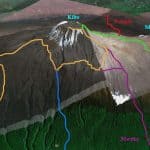
Kilimanjaro Map & Climbing Route Selection

Is Mount Kilimanjaro Too Crowded?

12 Interesting Facts About Mount Kilimanjaro

Is Climbing Kilimanjaro Really Dangerous? Kilimanjaro Deaths

Can an Unfit Person Climb Mount Kilimanjaro?

Why Do Climbers Summit Kilimanjaro at Night?

Are All Kilimanjaro Crews Treated Fairly?

5 Simple Ways to Avoid the Crowds While Climbing Kilimanjaro

Ultimate Kilimanjaro Guides 89 Year Old on Kilimanjaro For New World Record

The 10 Biggest Misconceptions About Climbing Kilimanjaro

What Celebrities Have Climbed Kilimanjaro?

Common Objections to Climbing Kilimanjaro (& How to Overcome Them)

11 Ways to Boost Your Hiking Endurance for Climbing Kilimanjaro

Ultimate Kilimanjaro® – Why We’re Different

2024 Ultimate Kilimanjaro Gear List Recommendations

8 Ways to Prevent Injuries on Mount Kilimanjaro

Climbing Kilimanjaro is Easy (Not Hard)

7 Hard Truths About Climbing Kilimanjaro (That You Need to Know)

7 Things They Don’t Tell You About Climbing Kilimanjaro

Why is Kilimanjaro Famous?

Will Mount Kilimanjaro Erupt Again?

15 Amazing Sights to See While Climbing Kilimanjaro

10 Places for the Best Photographs on Mount Kilimanjaro
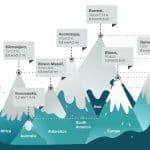
The Seven Summits – Highest Mountain on Each Continent

12 Things You Need to Know Before Climbing Kilimanjaro

5 Medications that Help Acclimatization & Combat Altitude Sickness

How Hard is it to Climb Kilimanjaro?

How to Stay Warm on the Summit of Kilimanjaro

Why People Fail When Climbing Kilimanjaro

Can I Climb Kilimanjaro as a Complete Novice?

What Should I Wear to Climb Kilimanjaro?
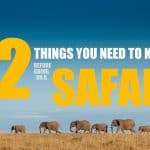
12 Things You Need to Know Before Going on a Tanzanian Safari

The Beginner’s Guide to Climbing Kilimanjaro
Why animals don’t attack safari vehicles.
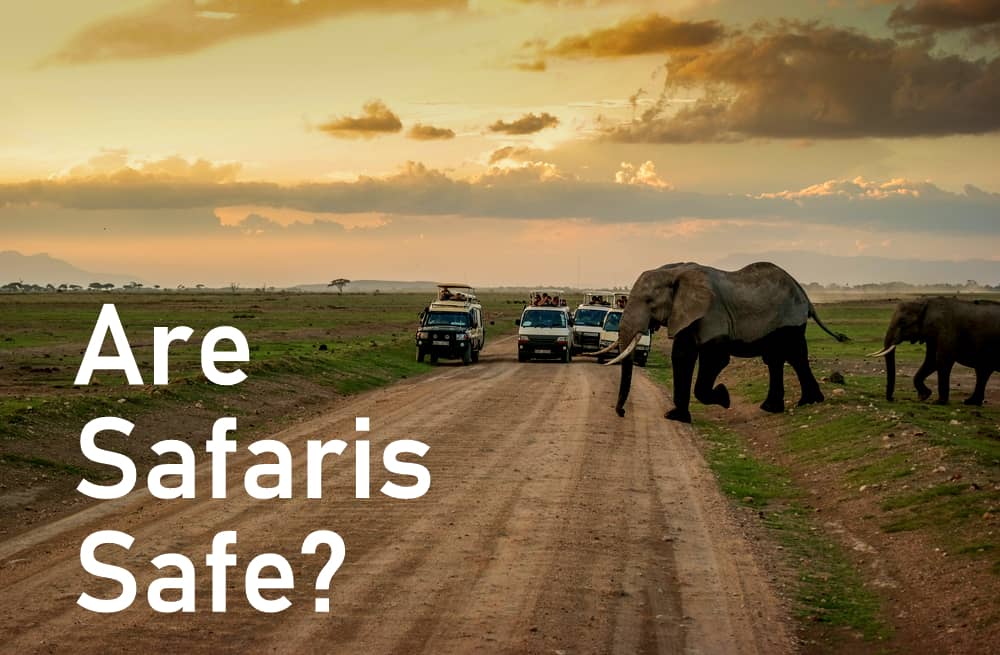
You may be wondering how tourists can come so close to lions and other wild animals while on a safari and still remain safe. There are certainly risks. Animals can be unpredictable. However, the key to staying safe is to avoid appearing as a threat or as food .
Neither Predator Nor Prey
In the wild, most animals are not inherently aggressive towards humans. Their primary instincts are focused on survival – finding food, protecting their territory, and caring for their young. Humans are not seen as prey, and many wild animals prefer to avoid human interaction.
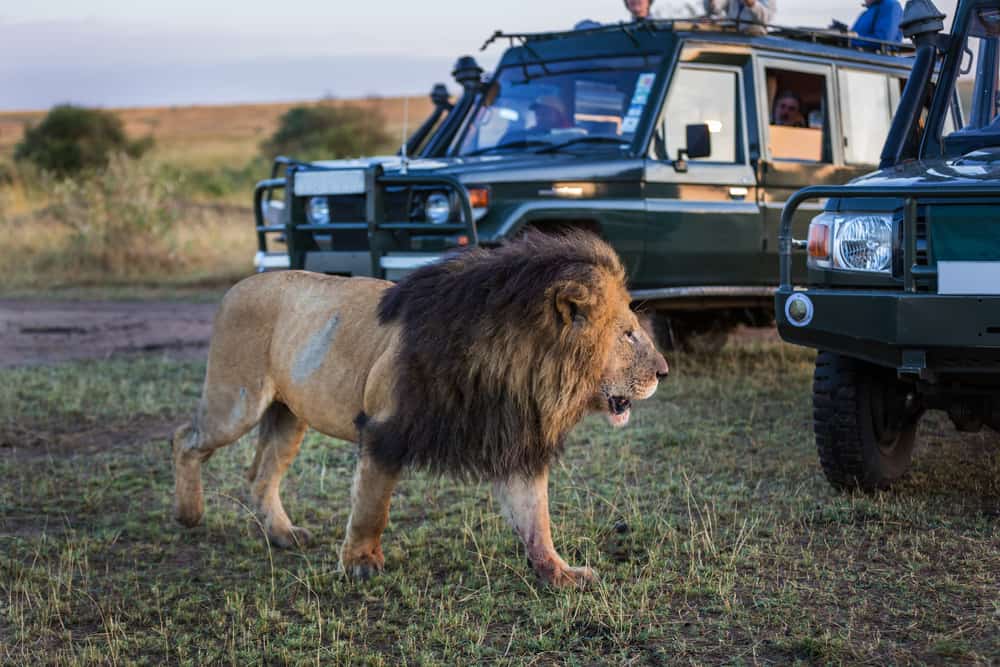
Many safari animals have grown accustomed to the presence of safari vehicles and do not perceive them as a threat. This is partly due to strict conservation efforts and guidelines that safari operators adhere to, ensuring minimal disturbance to the animals.
Safari guides often state that animals do not see everyone in the car as separate individuals. Instead, they see the vehicle as one giant object that is neither predator nor prey. Your Land Cruiser becomes part of the natural landscape, like a tree, and is to be ignored. Additionally, the vehicles are larger than anything they would normally attack.
There are a few rules you should follow to ensure your safety.
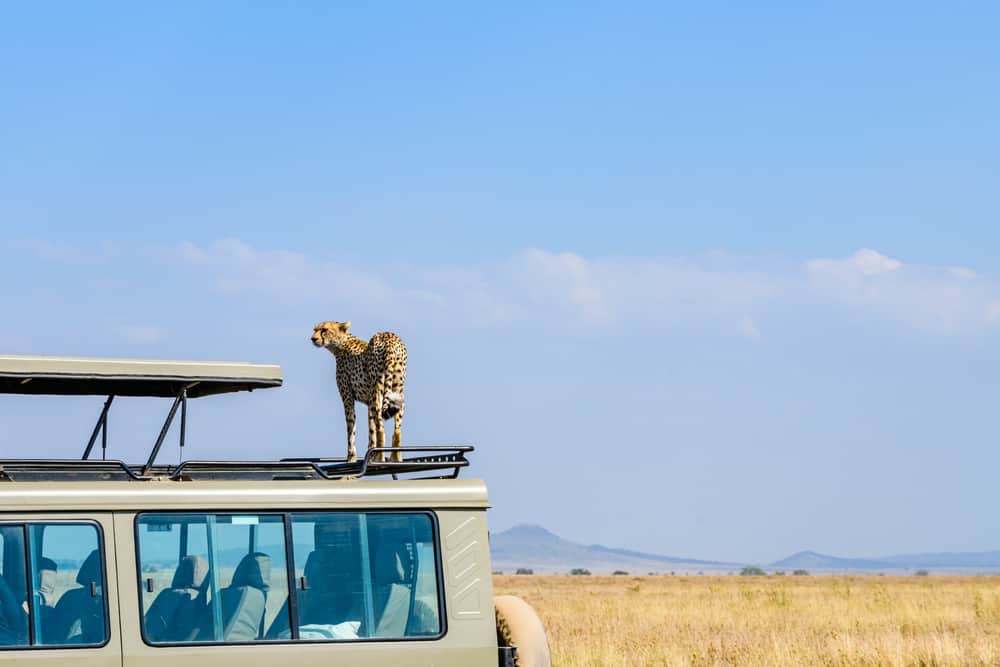

Listen to Your Guide
Your guides are experts in animal behavior. It is important to obey the commands of your guide. He may ask you to be quiet at times, to sit down, or stop moving around. These instructions might be given to stop a animal from charging, to prevent your actions from irritating an animal, or to preclude you from disrupting an animal’s normal behavior.
Don’t Disturb the Wildlife
We must maintain our role as observers only. Stay inside the vehicle and watch the animals quietly and with minimal disturbance to their natural activities. Do not call out or wave to an animal. Refrain from making loud sounds, clapping your hands, or throwing objects. Keep your arms and legs inside the vehicle. Never try to touch an animal.
Stay in the Vehicle
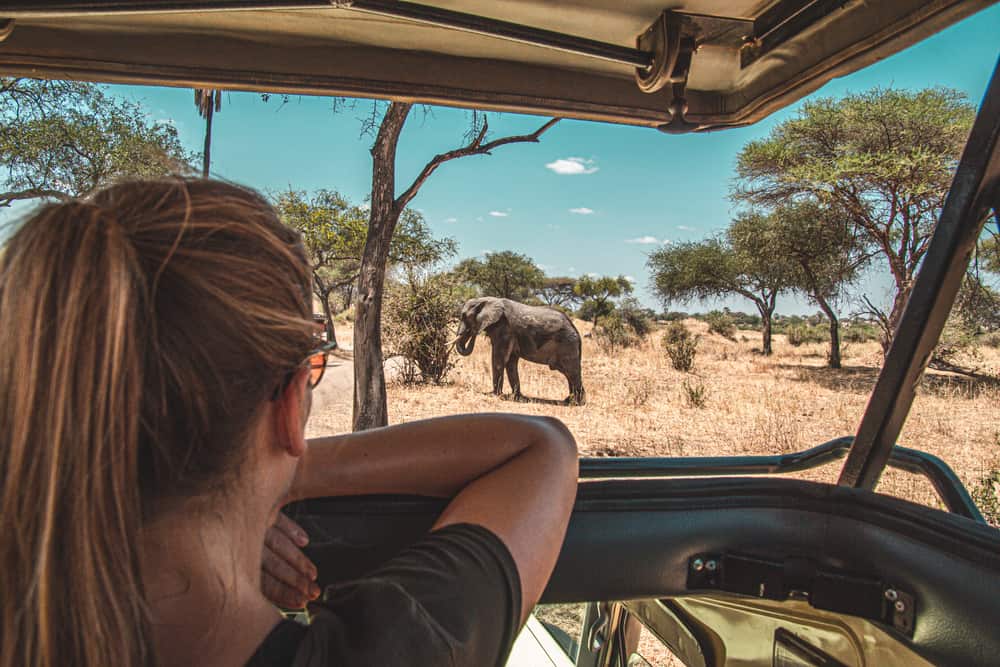
This should be obvious, but never leave the vehicle. As long as tourists remain within their vehicles and maintain a respectful distance, animals perceive no direct threat. Being outside of the vehicle will provoke the animals. When you leave the safety of the vehicle, to the animals, you become either a threat or a prey item as soon as you do. You also put everyone at serious risk.
If you need to use the bathroom, your guide will take you to a safe place where you can exit the vehicle.
Follow Rules at Camps and Lodges
Tented camps are located in unfenced areas and dangerous animals can (and do) wander through the premises.
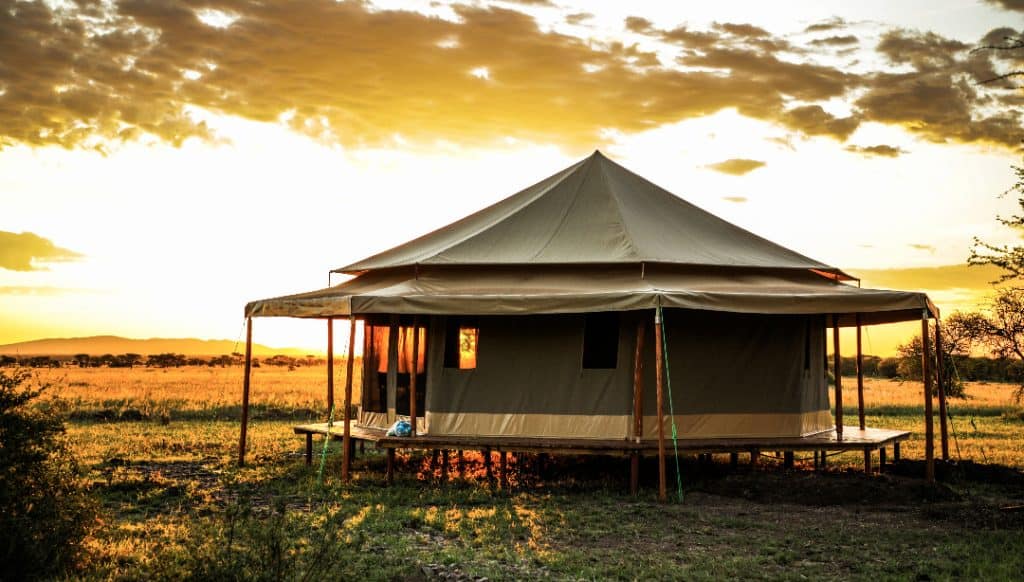
Similar to safari vehicles, animals do not see your tent as something to get into. While you might hear animals outside your tent, they are not trying to enter. Wild animals do not come near humans if they can help it. We are simply not on their menu. Our mere presence keeps most wild animals away.
The easiest way to be safe is to stay inside your tent or room once you go to bed at night (tented camps have bathrooms inside). If for any reason you must leave your tent or room, you can request for staff to escort you.
The 20 Most Dangerous Animals in the World
Related posts.
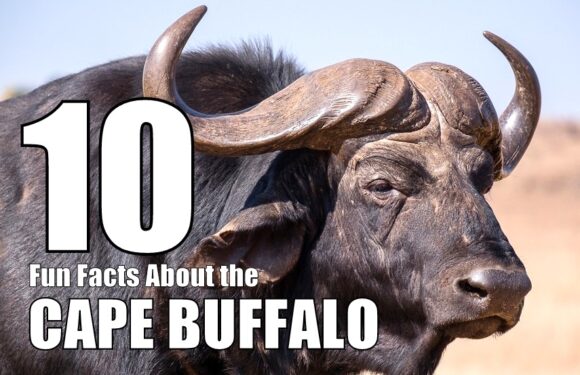
10 Fun Facts About the Cape Buffalo

Antarctic Animals: Life on the White Continent

Ngorongoro Crater: A Unique Safari Experience

What Animals Hibernate? It’s Not Just Bears
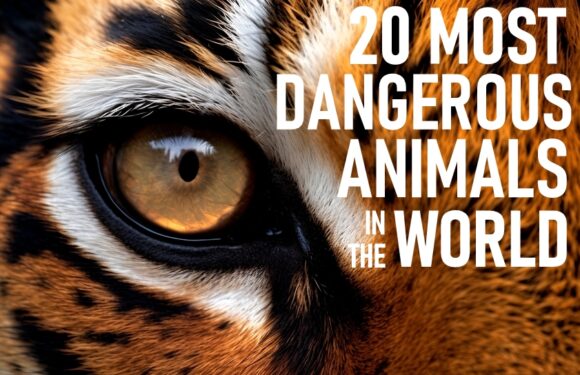
What the Heck are Tsetse Flies (and are They Dangerous)?
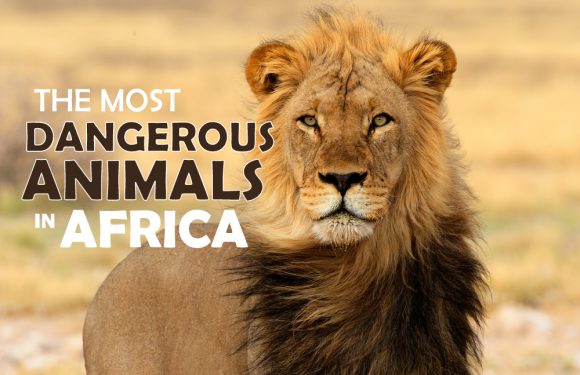
What are the Most Dangerous Animals in Africa?
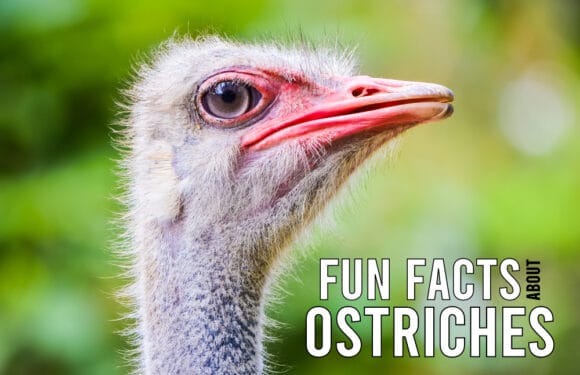
10 Fun Facts About Ostriches – Swift Runners of the Plains

Lake Manyara National Park: Everything You Need to Know

The 12 Strongest Animals in the World
Climbing kilimanjaro do it the right way. enter your email and get your free e-book instantly..
Buying Advice
- Home •
- Car Life •
- Why lions don’t attack people in a safari vehicle: We explain Why lions don&#...
Why lions don’t attack people in a safari vehicle: We explain
Written By: Ajeesh Kuttan Ajeesh specializes both in bikes and cars, delivering timely news reports and excelling in video production.
Published: Feb 07, 2023, 21:31 IST
Updated: Dec 26, 2023, 20:14 IST

Ajeesh specializes both in bikes and cars, delivering timely news reports and excelling in video production. (Full bio)
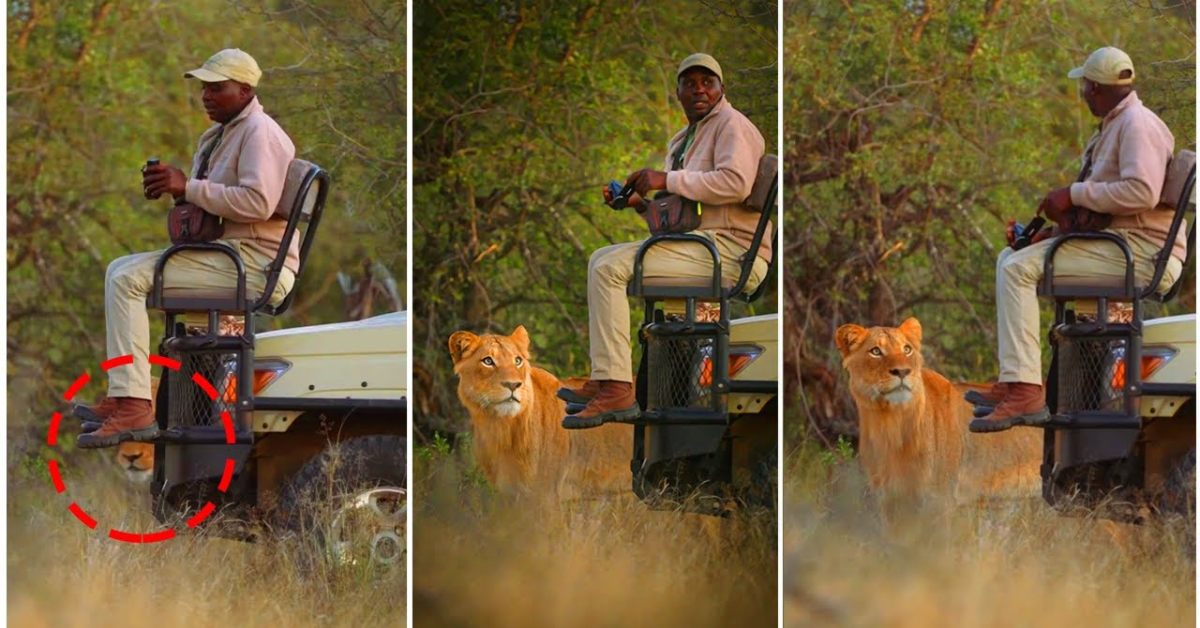
We have come across several incidents in the past were wild animals have attacked people and vehicles that pass too close to them through the road that cuts through the forest. In most cases, people narrowly escape from the attack but, there have been many incidents, where people were injured due to animal attacks. While we have heard many such incidents, we have rarely come across such incidents in a jungle safari park. In many African countries, there are wildlife safari parks and people use open jeeps to get closer to the wildlife there. The same happens here in India too but, we have rarely heard of a tiger or a leopard attack people travelling in a Safari vehicle. Why is that so? Let’s have a look at the video to know the reason.
Open Jeeps (and other vehicles) and still no attack?
The video has been uploaded by WildThing on their YouTube channel. The video specifically talks about lions or predators from the cat family. We have seen many videos on social media and television where big cars like Cheetah, leopards, lions get very close to the safari vehicle, and even then they don’t see to get aggressive. These jeeps are not closed and are designed in such a manner that the tourists get 360 degree view of the area and can spot animals from all angles.
The vehicle and the people are one animal, to the lion!
Even if the cars come too close to the animals, they don’t show aggression until and unless it is an elephant or wild buffalo. When people are sitting in a safari vehicle, the animals think about them and the vehicle as one big object or animal . To the lions and tigers, people are just parts of a very large beast. So as long as people do not step outside the vehicle and sit, they will be safe.
Is it always safe?
No. If people attract enough attention to themselves – by waving or shouting or moving about, then the lion may recognise them as separate from the vehicle and attack. When people step out or put their heads out, the risk increases significantly.
Habit is another reason
The reason why these animals don’t get aggressive is that when an area is categorised as a national park and opened for tourists, the authorities do some preparations. They often drive the safari vehicles close to the animals to know their behaviour as it is an alien object in their world. The animals might get aggressive for the first time but, over a period of time, they get accustomed to the vehicles and people travelling in it. They won’t look associate people and the car as food.
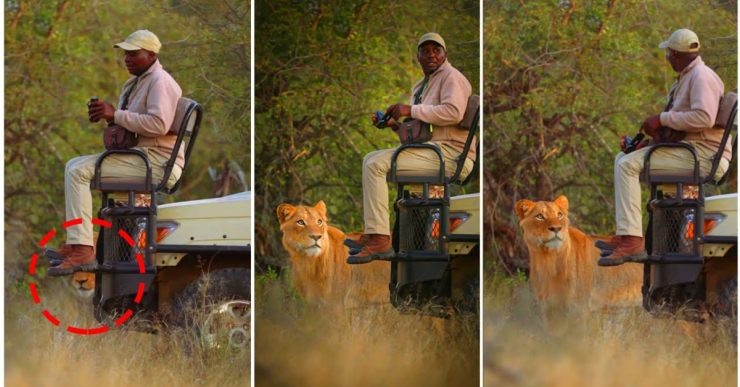
Big ‘prey’
They don’t see them as a prey or threat and behave normally. The other reason is the size. These safari jeeps are huge and animals like lion and cheetah don’t like to spend too much of their energy in huge prey as there is a risk of them getting injured. The animals only look at the vehicle and not focus on the people sitting in it. If a person gets out of the vehicle, there are chances that the animal behavior might change. If a lion or any of the big cats show any sign of aggression, it is not recommended to panic and drive the car away as these animals like to chase their prey.
Experiened drivers and guides
Depending on the size of the animal, the driver of your safari vehicle will know how to behave as he will be an experienced person. If an elephant or rhino is seen running towards the vehicle, the best way to escape from the spot is simply drive the car away as fast as possible. There are many wildlife parks outside India that allows private vehicles inside the park and people can see these animals from their car only. In such cases, it is always recommended to keep the windows closed and doors locked as these animals might try to break into the vehicle or come too close in search of food.

Mahindra Scorpio-N vs MG Hector Tech Comparison: Best Variant in Rs 20-22 Lakh Range for Gadget Lovers
Apr 28, 2024

Maruti Suzuki Baleno vs Tata Punch for New Drivers: Best Variant in Rs 7-8 Lakh Range for First-time Car Buyers

Hyundai Alcazar vs MG Hector: Best Variant in Rs 20-22 Lakh Range for Tech-savvy Gadget Lovers
Trending stories.

Rare video of the Ambani family arriving in a helicopter, driving off in Mercedes Benz cars
Sep 11, 2023

Chandrayaan on Earth: Car crazy Indian businessman spends Rs. 31 crore to paint Aston Martin with real moondust
Sep 09, 2023
![why animals don't attack safari Kind McLaren owner clicks picture of man who wanted to pose with the supercar: Wins hearts [Video]](https://www.cartoq.com/wp-content/uploads/2023/09/kind-mclaren-owner-aamir-sharma-hyderabad-253x131.jpg)
Kind McLaren owner clicks picture of man who wanted to pose with the supercar: Wins hearts [Video]
Latest stories.

Toyota launches the "T-Gloss" Professional Car Detailing brand in India
![why animals don't attack safari Watch Maruti Jimny Pull Fortuner And 6 Ton Truck On Icy Uphill Stretch [Video]](https://www.cartoq.com/wp-content/uploads/2024/02/maruti-jimny-rescues-toyota-fortuner-and-truck-253x131.jpg)
Watch Maruti Jimny Pull Fortuner And 6 Ton Truck On Icy Uphill Stretch [Video]

Bajaj Pulsar NS200 Review: A Thrilling Entry-Level Sports Bike
Do Animals Attack Safari Vehicles?
Posted by Kellie on December 21, 2019 (Updated January 16th, 2021)
One of the most common questions people have when planning a safari adventure is: do animals attack safari vehicles? Being around large predators in an open roof vehicle can be intimidating. The safari truck and guide are there to help you view wild animals in their natural habitat, assist you in any way possible, and to ensure your safety and good health .
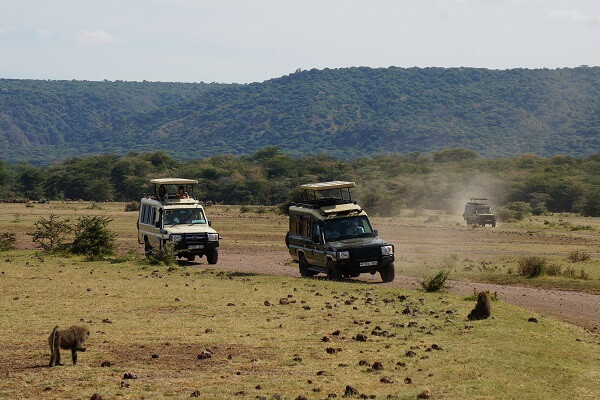
5 reasons why you are safe while on a safari in Tanzania:
Tourists aplenty., trust your guide., body in the car., speak softly., #1 most dangerous animal., strategies on how to interact with wild animals.
While the question ‘do animals attack safari vehicles’ is an important one to consider, it is almost more important to ask ...
How will these animals interact with me while on a safari?
Let’s talk about which animals you will see while on a safari, their interactions with each other and the safari truck.
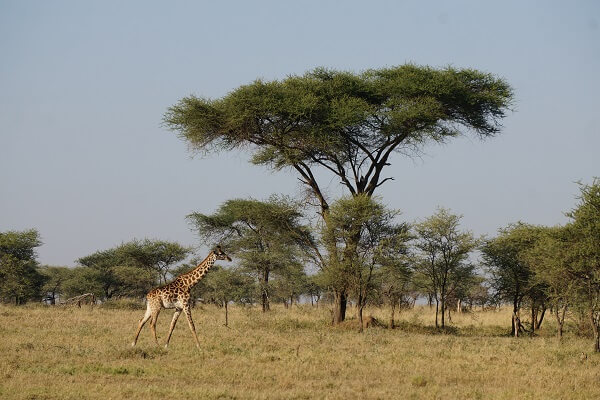
The Maasai Giraffe of East Africa is a very unique animal; these giraffes are known for their sporadic star-shaped pattern. Currently, they are listed as an endangered species due to poaching and loss of habitat. Giraffes enjoy eating from the very tall trees and foliage in the national parks. You can view them reaching for those very top branches to eat the best leaves.
Often, Maasai giraffes do not come into close proximity of the safari vehicles. They tend to be very shy creatures who do not have much interaction with the safari vehicles. Instead, they enjoy grazing, slowly along the side of the road while safari tourists snap beautiful pictures of them.
If giraffes do come into close contact with your vehicle, your safari truck guide will instruct you how to best interact with them.
In the wild, giraffes can provide a powerful kick to protect themselves from predators. In order to protect yourself from this, listen to your guide. Most likely, they will ask you to keep your hands and body inside of the vehicle and to sit down, so as not to disturb the giraffe.
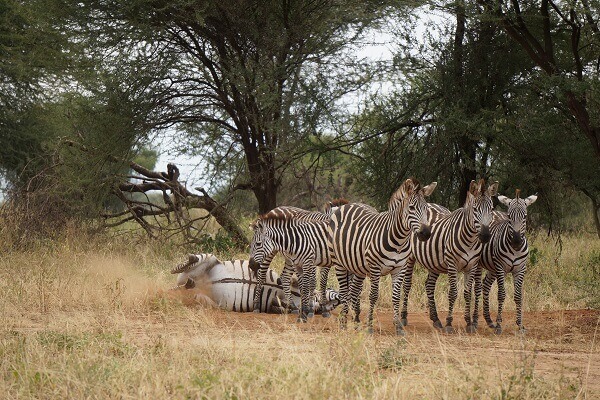
Zebras live in groups called harems, these are often led by one, male stallion. Zebras use their black and white stripes to their advantage when they huddle together to graze. By huddling, this often gives the pack a large look to predators because they can’t tell where one zebra begins and another ends.
Zebras have a variety of ways to communicate with each other. Their facial expressions can show whether they are nervous: bared teeth is an obvious sign of tension. They also communicate by high pitched noises and brays to tell when something is amiss.
Zebras have three main ways to defend themselves. They run away in a zigzag pattern to confuse predators. They can use their strong teeth to bite a predator . Like the giraffe, they can also provide a strong kick to a predator which can be very damaging.
Zebras are very similar to giraffes. They are very wary and timid creatures who don’t interact much with the safari vehicles. Instead, zebras are very watchful and use their herd mentality to protect themselves from predators and tourists alike. If zebras do come into close contact with your vehicle, there should not be much to worry about. The zebras of these plains stand at a little under five feet tall which means your safari vehicle is more than enough to protect you from harm.
Black Rhinoceros
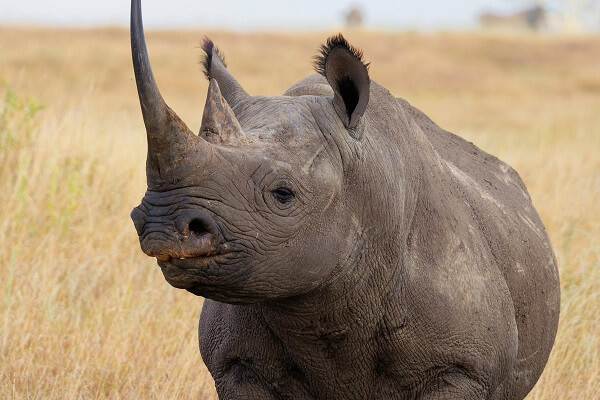
Black rhinos are listed as a critically endangered species. It is believed that there are roughly around 5,000 black rhinos currently living across the Eastern and Southern parts of Africa. The good news is that the population size of black rhinos is currently increasing due to conservation efforts and wildlife protection laws.
The biggest threat these large mammals face is poaching. The horns of rhinos are used for medicinal purposes in Asia and are highly sought after. In the past, poaching was the number one reason why these animals were almost brought to extinction. Now, they are protected under wildlife laws and take refuge in a few national parks in Tanzania.
Black rhinos are one of the largest land mammals on the planet; weighing in at roughly one ton. They are vegetarians and eat the leaves from shrubs and grasslands. Rhinos can be very territorial, especially the males. In order to protect their territory, they are known for charging towards an intruder, even if it is a termite hill. You see, black rhinos have extremely poor eyesight and sometimes aren’t aware that the intruder they see is a tree or other stationary object.
The best chance of viewing a black rhino in Tanzania is at Ngorongoro Crater where they are protected and the open grassland allows for an easier chance of viewing.
Most black rhinos stay away from the roads. And even if they do wander close, most safari truck drivers will watch have you observe from a distance, since they know rhinos can be overly aggressive. It is a good idea for you to pack a pair of binoculars, to get your best chance of viewing of black rhino in the wild. If you do come into contact with a black rhino, who seems agitated, while in your safari vehicle, listen to your guide who will most likely instruct you to sit down as they back the truck away slowly from the animal. So as not to disturb the rhino and to ensure your safety.
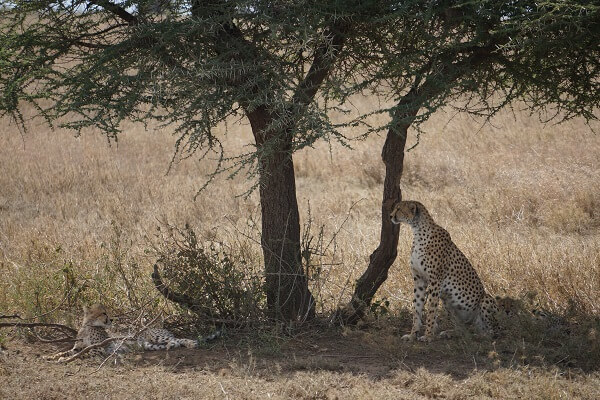
Close to half of all wild lions on Earth live in Tanzania. These large mammals are king here in the national parks of Tanzania. They seem like lazy, large house cats lounging in small prides when the desert Sun is beating down on them. Don’t be fooled, these large beasts are made for hunting. Their sharp teeth and claws and their ability to hunt in a pack make them very capable of taking down large prey animals such as wildebeest, zebra, and ostrich. Check out this interesting article about how lions interact with each other.
The good news is that they aren’t interested in eating tourists, unless you give them an absolute reason to (stay in your safari vehicle when in tall grasslands).
Lions would much rather prefer to use the safari vehicle as a hiding place to sneak up on unsuspecting antelope or zebra.
They lower down onto their bellies and army crawl next to the safari vehicles to make themselves invisible from their prey.
If you do come into contact with a lion while in your safari vehicle, listen to your guide’s instructions. The guide will often tell you to move away from the windows, keep your body inside the vehicle, and remain quiet while the lion is passing your vehicle. By doing this, you ensure the safety of all in your vehicle.
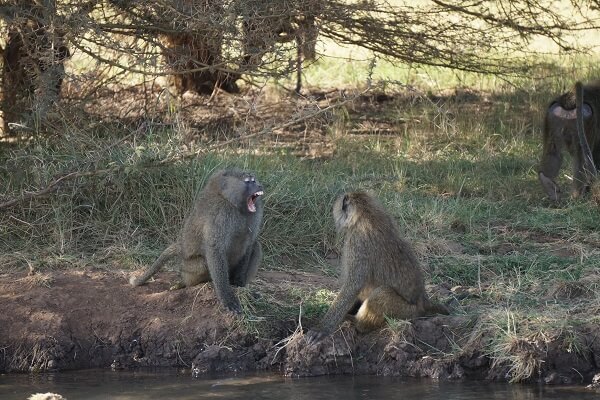
Overall: Do Animals Attack Safari Vehicles?
To conclude, these animals are living in the wild and following their own routines. If we interfere with their routine, especially in a way that affects their ability to get food, then there is a small chance that they will react in an aggressive manner. Your guide takes a lot of time to make sure that you are safe and observing animals in a proper manner. Their number one job is to keep you safe while watching these amazing creatures. Overall, you are safe while on a safari if you listen to the guidelines set by your guide.
Interested in more? Read another post:
Which country is mount kilimanjaro located in, seven summit champions from around the world, ukrainian woman scales seven summits of the world, get a chance to see african animals in their natural habitats, big buck safari, culture quest, lion's share safari.
- Entertainment
- LOVE AND RELATIONSHIP
- CONFESSIONS

Ever Wondered Why Lions Don’t Attack People In A Safari Vehicle? Here’s The Answer
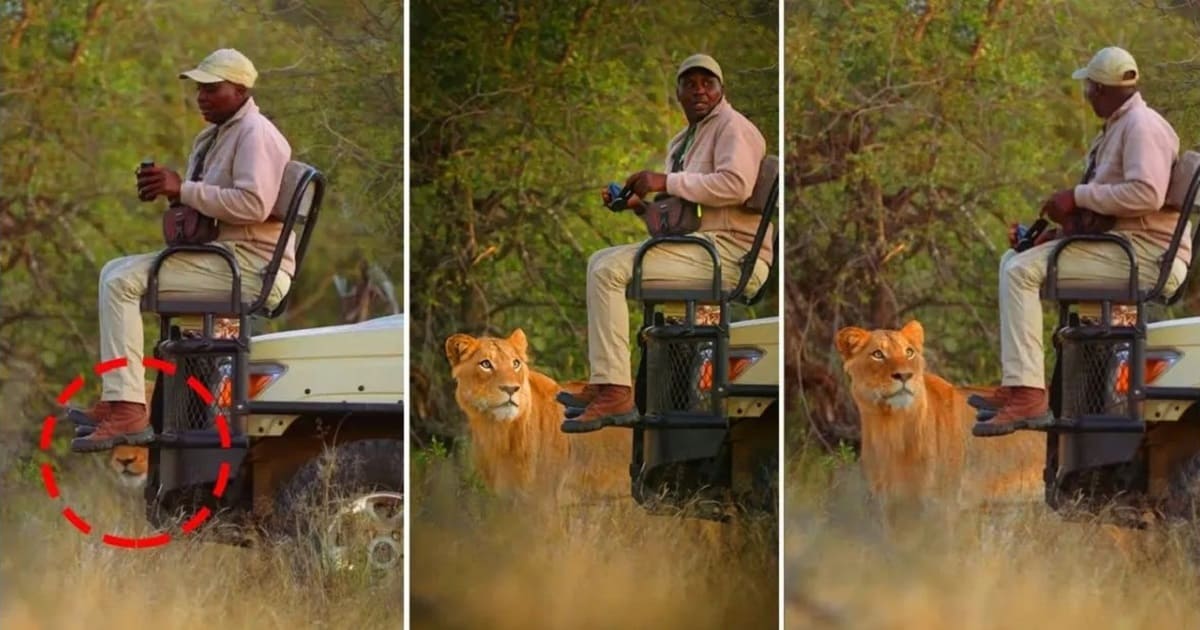
Lion safaris are an exhilarating and unique experience for both nature lovers and risk-takers. These safaris offer visitors the opportunity to observe lions, the king of the jungle, in their natural habitat. And learn more about their behavior, habits, and the challenges they face in the wild.
The ability to witness lions in their natural habitat, where people may examine their behavior and interactions with other animals while remaining secure in a safari vehicle, is one of the key advantages of these safaris.
ADVERTISEMENT
However, not many know why lions don’t attack Safari vehicles despite the fact that they love to hunt and don’t love foreign interference in their habitat.
Wild animals like lions assault people and automobiles. Many times, people narrowly avoid danger, but there have also been instances where people were severely injured as a result of animal assaults. However, at jungle safari parks, visitors utilize open jeeps to get up close to wildlife, which is very uncommon.
However, there are interesting reasons why it happened. A video uploaded by WildThing on YouTube perfectly explains why lions or other predators from the cat family do not attack people in a safari vehicle.
Factors behind why lions don’t attack safari vehicles
1. jeep’s design.
The jeeps employed at safari parks are open-air vehicles with a 360-degree field of vision for visitors. As a result, animals can see people and vehicles as a single, huge thing. Animals are less likely to become violent when people are seated inside a moving vehicle because they see them as components of the bigger thing.
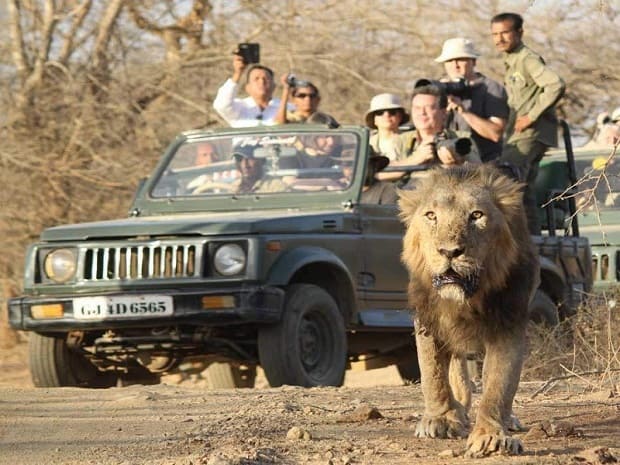
2. Preparations from the side authorities
Animals can perceive visitors as different individuals and attack if they step outside the car or stick their heads out. Yet, these events can be easily avoided because of the planning done by the park authorities. Safari vehicles are driven close to animals to help them get used to the presence of people and vehicles. Due to this, over time, animals gradually get used to the cars and stop associating them with food or prey.
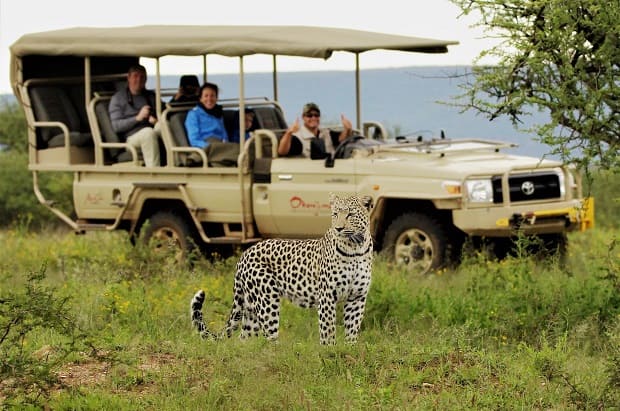
3. Energy saving
Animals do not want to spend a lot of energy following a huge item that carries a danger of damage. Thus, the size of the safari jeeps further discourages them from attacking.
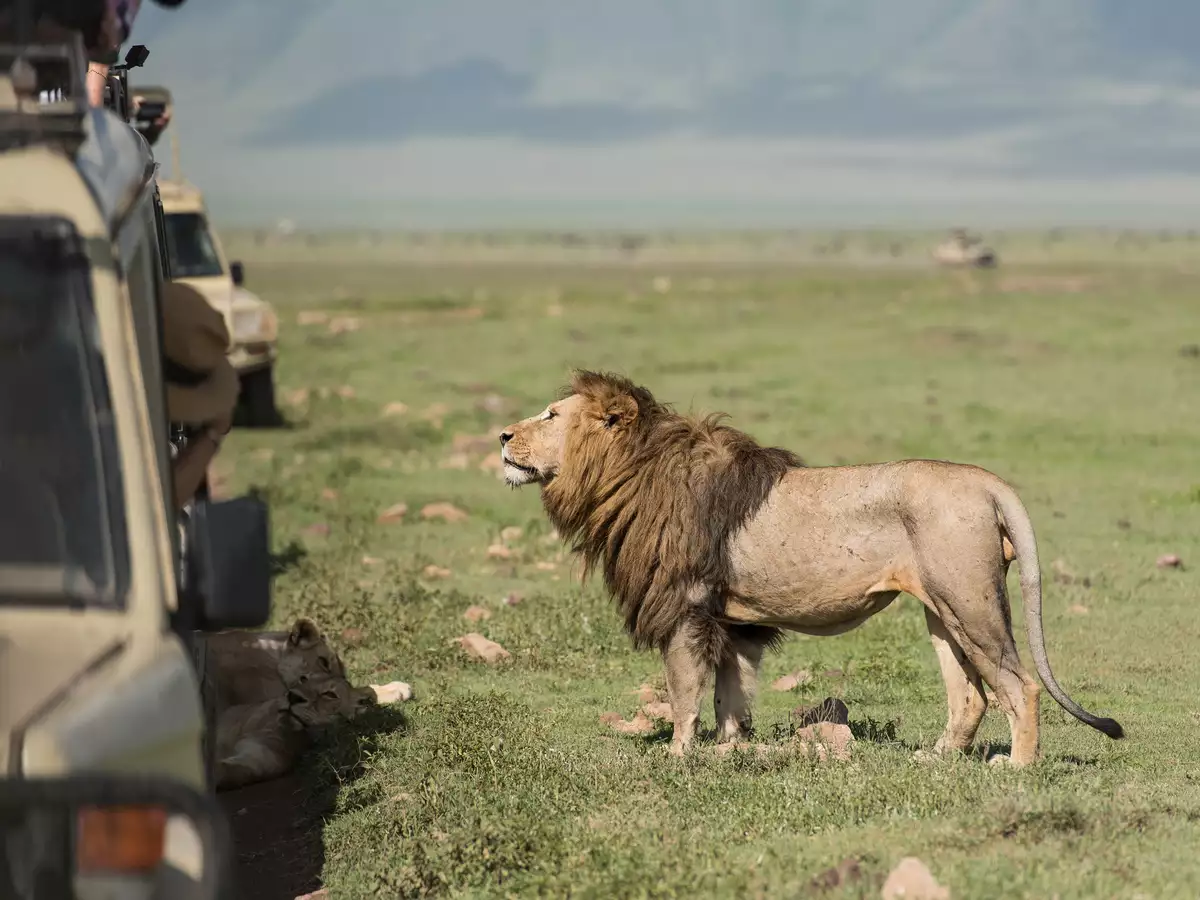
Things to do when a lion shows signs of aggression
It is advised not to panic and speed away from a lion or any other large cat that displays signs of aggression because these creatures frequently chase their target. Drivers of skilled safari vehicles are prepared to act appropriately under extreme circumstances.
However, if you are approached by an elephant or rhino, the best course of action is to drive away as quickly as you can.
Private automobiles are permitted in certain wildlife parks outside of India. It is advised to keep the windows and doors locked since wildlife may try to break in or approach too closely in search of food.
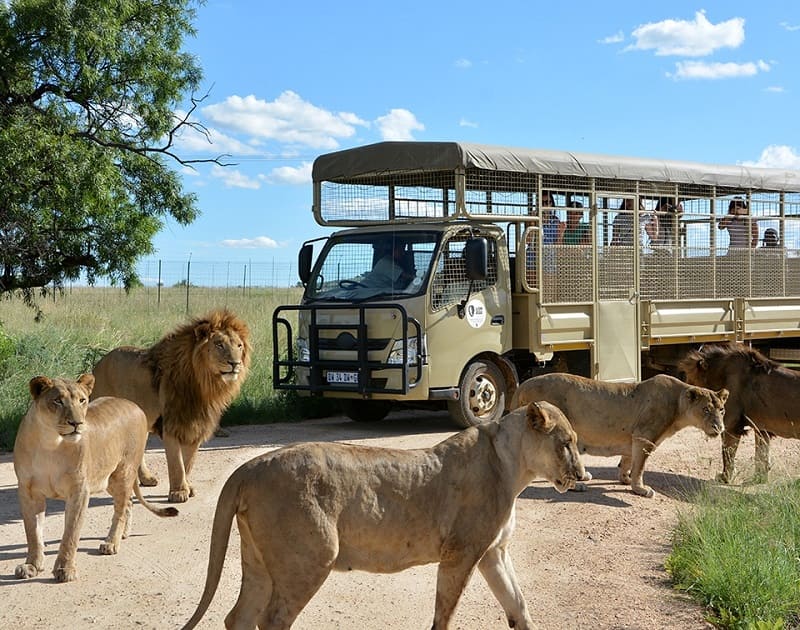
While going on a lion safari may be an amazing experience, it’s vital to keep in mind that these animals should always be treated with respect and caution. At the end of the day they are wild creatures. To guarantee the safety of both themselves and the animals, visitors should abide by the rules and directions given by the safari operators.
Also read: Ever Wondered Why Dogs Bark And Chase After Moving Vehicles? Here Is The Answer.
RELATED ARTICLES MORE FROM AUTHOR
The unique role of a small fluffy dog for those with psychiatric disability, cbd oil for pets: what you need to know about its benefits, viral video: gujarat farmer barehanded chases away lion to save his cow, elephant attacks woman who was trying to be smart by feeding it bananas, video goes viral, 20 most dangerous dogs you should be aware of, the aftermath of pandemic puppy pandemonium: pet ownership statistics to know in 2022, lara dutta responds to trolls who called her ‘buddhi’ and ‘moti’, 21 new haircut for men: fresh styles to elevate your look, 31 stunning cone designs for henna enthusiasts, 31 embroidery bridal blouse designs for modern brides, 31 stylish fancy net blouse design to elevate your saree look.
- Privacy Policy
- Terms Of Service

- Why Do Lions Not Attack Tourists In Safari Vehicles?
Sharing is caring!
- Facebook 26
( Your are reading an Archived Version of the Love to Visit South Africa Newsletter – Join here to get it straight in your inbox )

Lions, like many other predators, do not typically attack tourists in safari vehicles.
While it is rare, there have been isolated incidents where lions have shown aggression or curiosity towards vehicles, but these instances are exceptions rather than the rule.
In today’s email:
- The Lion Whisperer Dances With Death
- Around the Web : No joke: Trevor Noah to be paid R33m for five minute ad to promote SA to the world , South Africans travelling to the moon soon?, Hyena Stalks Golfer In South Africa: VIDEO and more.
- From Social Media – Hi, from Boulder’s Beach
- South African Food You Will Love – The Largest Chicken Braai Ever
Our Daily Newsletter is free and will remain free for our loyal followers forever .. ( if you are not subscribed then just enter your email below ) But as they say in the infomercials, that’s not all.. For less than the price of the two of us having drinks around the campfire , you can upgrade to our premium Newsletter which will give you access to our archive of travel deep dives, travel itineraries as well as special deals curated for our premium subscribers. So consider buying us a drink and upgrade to get all the goodies.
Lions, like many other predators, do not typically attack tourists in safari vehicles for several reasons:
1. Lack of Recognition: Lions often perceive vehicles as large, unfamiliar objects. They may not recognize them as potential prey or threats. In the wild, lions have evolved to hunt animals that resemble their natural prey, such as herbivores like wildebeests and zebras, rather than vehicles.
2. Noise and Movement: Safari vehicles are typically noisy and can produce sudden movements. Lions tend to be cautious and avoid anything that might startle or harm them. The noise and activity associated with vehicles can deter lions from approaching.
3. Human Presence: Lions are aware of the human presence inside the vehicles. Humans are not a natural part of their prey selection, and they generally do not view people inside vehicles as prey. Lions may be more cautious around humans because they are unpredictable and potentially dangerous.
4. Habituation: In some safari areas, lions have become accustomed to the presence of vehicles and tourists over many years. Habituation occurs when animals become familiar with and less fearful of humans and their vehicles. Habituated lions are more likely to ignore or avoid vehicles.
5. Protected Environment: Many safari parks and reserves enforce strict rules to ensure the safety of both wildlife and tourists. Vehicles are typically required to stay on designated roads and follow specific guidelines, which can help minimize the potential for dangerous encounters.
6. Experience of Safari Guides: Professional safari guides and drivers have extensive knowledge of animal behavior and the local environment. They prioritize safety and are trained to keep a safe distance from wildlife, minimizing the chances of a dangerous encounter.
Nevertheless, it is crucial to follow safety guidelines and respect the animals’ space while on safari to ensure the safety of both humans and wildlife.
Watch as Kevin Richardson The Lion Whisperer Dances With Death
The South African lion conservationist and animal behaviorist, Kevin Richardson, is known around the world for his groundbreaking work with lions. He works to bridge the gap between people and predators in a unique way – by forming bonds with individual lions through trust-building activities at his Wildlife Sanctuary near Johannesburg. Richardson has been dubbed the ‘Lion Whisperer’ for his remarkable ability to gently form long-lasting relationships with lions and other predators. His work has brought him international attention, as he is committed to raising awareness about the plight of lions in South Africa. He wants people to recognize their moral responsibility towards big cats that are increasingly threatened by poaching and habitat loss.

Around The Web
No joke: trevor noah to be paid r33m for five minute ad to promote sa to the world.
Comedian and former US TV show host, Trevor Noah, won’t be paid with public money to promote South Africa as a top tourism destination, should the deal go through.
News24 reported that the superstar is expected to be paid R33 million to promote the country following remarks made by the chairperson of Parliament’s tourism committee, Tandi Mahambehlala.
Hyena Stalks Golfer In South Africa: VIDEO
A golfer in South Africa had a very unexpected experience on a course thanks to a curious hyena. Watch a video of a hyena stalking the man.
South Africans travelling to the moon soon? South Africa Collaborates with China to Establish a Permanent Moon Base
The Chinese Ambassador to South Africa, Chen Xiaodong, representing the CNSA and the South African National Space Agency (SANSA), Chief Executive Officer
South Africa are READY to defend their Rugby World Cup crown! | BOKS OFFICE Podcast
In episode one of BOKS OFFICE, host Hanyani Shimange is joined by fellow Springboks legends, Jean de Villiers and Schalk Burger
South Africa continues to address tourism safety
South Africa will get a boost in tourism safety in the next few weeks with the deployment of 2,200 tourism monitors to key tourist areas
Accor debuts Pullman brand in South Africa – Business Traveller
Accor has opened the first property under its Pullman Hotels and Resorts brand in South Africa.
A Comprehensive Guide to Experiencing Cape Town, South Africa
Nestled at the southern tip of the African continent, Cape Town beckons travelers with its stunning landscapes, rich history and vibrant culture
Discover the flavours and artistry of the Paarl Spice Route
The popular Paarl Spice Route in the Cape Winelands region is renowned for its idyllic landscapes and unique collection of artisans.
Tourism sector reports below-average performance amid SA’s energy crisis
The issue of loadshedding continues to plague the tourism sector, particularly impacting accommodation businesses, which reported subpar performance in the first half of 2023.
The guide to the best September in Cape Town
Spring is in the air, and September in Cape Town is the perfect time to enjoy all the excitement and scenery the Mother City has to offer.
GOOD NEWS: All free National Parks Week venues CONFIRMED
All FREE National Parks Week venues have been confirmed, including KRUGER. Click here to see where and when you can VISIT.
From Robben Island to the Cradle of Humankind: South Africa’s UNESCO Treasures (Exclusive)
From social media, rough week the residents of boulders beach have a message for you: tgif, friends photo by instagram user @sara_maria_maia.

South African Food You Will Love – Only in South Africa
Biggest chicken braai you will ever see.
Thank you for reading Love to Visit South Africa — your support allows us to keep doing this work.
If you enjoy Love to Visit South Africa, it would mean the world to us if you invited friends to subscribe and read with us.
Our Daily Newsletter is free and will remain free for our loyal followers forever. . ( if you are not subscribed then just enter your email below ) But as they say in the infomercials, that’s not all.. For less than the price of the two of us having drinks around the campfire , you can upgrade to our premium Newsletter which will give you access to our archive of travel deep dives, travel itineraries as well as special deals curated for our premium subscribers. So consider buying us a drink and upgrade to get all the goodies..
Yes, Lions Will Hunt Humans if Given the Chance
The tragic attack at a South AFrican park serves as a reminder that lions are predators and humans are prey
/https://tf-cmsv2-smithsonianmag-media.s3.amazonaws.com/accounts/headshot/Screen_Shot_2014-01-27_at_12.05.16_PM.png)
Helen Thompson
/https://tf-cmsv2-smithsonianmag-media.s3.amazonaws.com/filer/42/5a/425a51ac-94de-4f29-b9dc-a302f4813dbc/southafricanlion_edit.jpg)
Earlier this week, a female African lion attacked and killed a 29-year-old American woman on safari outside Johannesburg, South Africa. It's a tragedy, but given what zoologists know about lions, not one that's totally unexpected.
While visiting a lion reserve on a car tour, the woman rolled her window down to take some pictures, according to Brent Swails and Dana Ford of CNN . She likely did not see the lioness approach. The animal stopped three feet from the vehicle before lunging through the window. A guide, who was also in the car, tried to fight the animal off, sustaining injuries to his arm. Staff chased the lioness away, and the woman died at the scene. Signs in the park warn visitor to keep their windows rolled up, and the part has had previous incidents stemming from open windows.
While the facts of the attack are horrible, the lioness didn't do anything that's inconsistent with her biology, as Mary Bates explains for National Geographic . Lions are extremely accomplished predators and adept hunters. For them, humans count as prey. Ignoring their prowess in this department is a big mistake. Luke Dollar , a conservation scientist who directs the National Geographic Society's Big Cats Initiative, told Bates. "Almost any organism around lions might be a potential prey item, and for people to think that they are an exception is folly" Dollar said. "I would imagine that every other primate that co-exists with big cats is acutely aware of the position they hold relative to the top predators of the world."
Given the intersection of tourism and conservation at sites like the lion park, humans sometimes acquire a false sense of security. As society expands to less developed areas, humans, lions and other predators have also inevitably crossed paths more frequently.
Since not all attacks are reported, it's hard to put numbers on the number of lion attacks seen globally. Estimates range from 20 to 250 . Tanzania has the highest population of lions in Africa, and between 1990 and 2004 , the country saw 593 deaths and 308 injuries from African lion attacks.
Aside from lack of awareness on the part of the human, there are a few things that might drive a lion to attack a human. The first and most obvious is hunger. Without horns or fangs, humans also look like easier targets to older or sick lions. In certain instances, females might perceive humans as a threat to their cubs. If the animal is injured, it also might feel threatened by the presence of a human.
Though an investigation of the attack continues, park officials told SABC News that they do not plan to execute the lioness involved in this week's attack. Instead, she will be moved to a private part of the park.
Dollar told Bates he hopes that the attack can at least raise awareness among tourists and encourage people to be careful while out observing the impressive predators in the wild.
Get the latest stories in your inbox every weekday.
/https://tf-cmsv2-smithsonianmag-media.s3.amazonaws.com/accounts/headshot/Screen_Shot_2014-01-27_at_12.05.16_PM.png)
Helen Thompson | | READ MORE
Helen Thompson writes about science and culture for Smithsonian . She's previously written for NPR, National Geographic News , Nature and others.

- Mount Kilimanjaro
- Destinations
- Camping Safari
- Midrange Safari
- Lodge Safari
- Luxury Safari
- Honeymoon Safari
- Join Group Safari
- Zanzibar Island
Why lions do not attack Tourists while on Safari Jeep
Most animals don’t attack tourists when they are on a safari vehicle example Lions because the Vehicle is part of the Natural landscape just like a tree.
Tourists are warned on board never to stand up when predators are near because it changes the silhouette of the vehicle, and Animals Like lions will be disturbed and can become aggressive if threatened.
Before opening new game reserves, they get the lions used to the safari vehicle and people.
By driving close to them until they get accustomed to the vehicle and don’t see them as threats The conservationists do this until the large beast ( The Safari vehicle ) becomes a part of the landscape
That is why the lions don’t attack
A safari vehicle is bigger than most animals that a lion would normally attack.
most animals are used to the safari vehicle being around, so they at times just ignore the car
It’s unlikely lions will just attack a safari vehicle if the tourist behaves properly. If the lions start to investigate too close, the local guides normally orient tourists to stay seated, quiet and only observe when the animal gets closer. The Lions will not feel threatened. Nevertheless, if the pride of lions insists on being aggressive to humans, which makes the reserve loses money. They resell or dispatch them.
Unfortunately, fatalities do happen. And the government tends to avoid such disclosures as much as possible. It’s bad for business I believe they would be more defensive. That’s why government tends to avoid it.

And the government tends to avoid such disclosures as much as possible. It’s bad for business
I believe they would be more defensive
And always remember animals like attack for two reasons
Now you know why animals don’t attack tourists on a safari vehicle.
polecatsafaris
Leave a reply cancel reply.
Save my name, email, and website in this browser for the next time I comment.
Text Widget
We are passionate about Africa and believe that our diverse cultures, landscapes, and wildlife are our greatest assets. We endeavor to introduce our clients to the natural wonders and beauty of Africa, as well as the more obvious tourist attractions.
Recent Works
Recent comments, tourists hints.
We are here to give you the best hints as tour agencies making sure you have the safest journey for go and return.
Why can't robots outrun animals?
Robotics engineers have worked for decades and invested many millions of research dollars in attempts to create a robot that can walk or run as well as an animal. And yet, it remains the case that many animals are capable of feats that would be impossible for robots that exist today.
"A wildebeest can migrate for thousands of kilometres over rough terrain, a mountain goat can climb up a literal cliff, finding footholds that don't even seem to be there, and cockroaches can lose a leg and not slow down," says Dr. Max Donelan, Professor in Simon Fraser University's Department of Biomedical Physiology and Kinesiology. "We have no robots capable of anything like this endurance, agility and robustness."
To understand why, and quantify how, robots lag behind animals, an interdisciplinary team of scientists and engineers from leading research universities completed a detailed study of various aspects of running robots, comparing them with their equivalents in animals, for a paper published in Science Robotics . The paper finds that, by the metrics engineers use, biological components performed surprisingly poorly compared to fabricated parts. Where animals excel, though, is in their integration and control of those components.
Alongside Donelan, the team comprised Drs. Sam Burden, Associate Professor in the Department of Electrical & Computer Engineering at the University of Washington; Tom Libby, Senior Research Engineer, SRI International; Kaushik Jayaram, Assistant Professor in the Paul M Rady Department of Mechanical Engineering at the University of Colorado Boulder; and Simon Sponberg, Dunn Family Associate Professor of Physics and Biological Sciences at the Georgia Institute of Technology.
The researchers each studied one of five different "subsystems" that combine to create a running robot -- Power, Frame, Actuation, Sensing, and Control -- and compared them with their biological equivalents. Previously, it was commonly accepted that animals' outperformance of robots must be due to the superiority of biological components.
"The way things turned out is that, with only minor exceptions, the engineering subsystems outperform the biological equivalents -- and sometimes radically outperformed them," says Libby. "But also what's very, very clear is that, if you compare animals to robots at the whole system level, in terms of movement, animals are amazing. And robots have yet to catch up."
More optimistically for the field of robotics, the researchers noted that, if you compare the relatively short time that robotics has had to develop its technology with the countless generations of animals that have evolved over many millions of years, the progress has actually been remarkably quick.
"It will move faster, because evolution is undirected," says Burden. "Whereas we can very much correct how we design robots and learn something in one robot and download it into every other robot, biology doesn't have that option. So there are ways that we can move much more quickly when we engineer robots than we can through evolution -- but evolution has a massive head start."
More than simply an engineering challenge, effective running robots offer countless potential uses. Whether solving 'last mile' delivery challenges in a world designed for humans that is often difficult to navigate for wheeled robots, carrying out searches in dangerous environments or handling hazardous materials, there are many potential applications for the technology.
The researchers hope that this study will help direct future development in robot technology, with an emphasis not on building a better piece of hardware, but in understanding how to better integrate and control existing hardware. Donelan concludes, "As engineering learns integration principles from biology, running robots will become as efficient, agile, and robust as their biological counterparts."
- Engineering
- Robotics Research
- Engineering and Construction
- Civil Engineering
- Artificial Intelligence
- Computer Science
- Educational Technology
- Industrial robot
- Humanoid robot
- Robot calibration
- Nanorobotics
- Robotic surgery
- Fossil fuel
- Artificial intelligence
Story Source:
Materials provided by Simon Fraser University . Original written by Will Henderson. Note: Content may be edited for style and length.
Journal Reference :
- Samuel A. Burden, Thomas Libby, Kaushik Jayaram, Simon Sponberg, J. Maxwell Donelan. Why animals can outrun robots . Science Robotics , 2024; 9 (89) DOI: 10.1126/scirobotics.adi9754
Cite This Page :
Explore More
- Mice Given Mouse-Rat Brains Can Smell Again
- New Circuit Boards Can Be Repeatedly Recycled
- Collisions of Neutron Stars and Black Holes
- Advance in Heart Regenerative Therapy
- Bioluminescence in Animals 540 Million Years Ago
- Profound Link Between Diet and Brain Health
- Loneliness Runs Deep Among Parents
- Food in Sight? The Liver Is Ready!
- Acid Reflux Drugs and Risk of Migraine
- Do Cells Have a Hidden Communication System?
Trending Topics
Strange & offbeat.

The Daily Digest
Why don’t animals attack humans more often?
Posted: April 18, 2024 | Last updated: April 18, 2024

Science has some possible answers
Human beings are at the top of the food chain on our planet but when you really look at what we can and can’t do it doesn’t always make sense that we hairless monkeys made it to the position of the Earth’s apex predator.

People are weak and slow
People are weak and slow. If a bear or jaguar wanted to snatch up a hiker making their way through a backwoods trail there really isn’t much that hiker could do if they weren’t armed with some kind of weapon to help out.
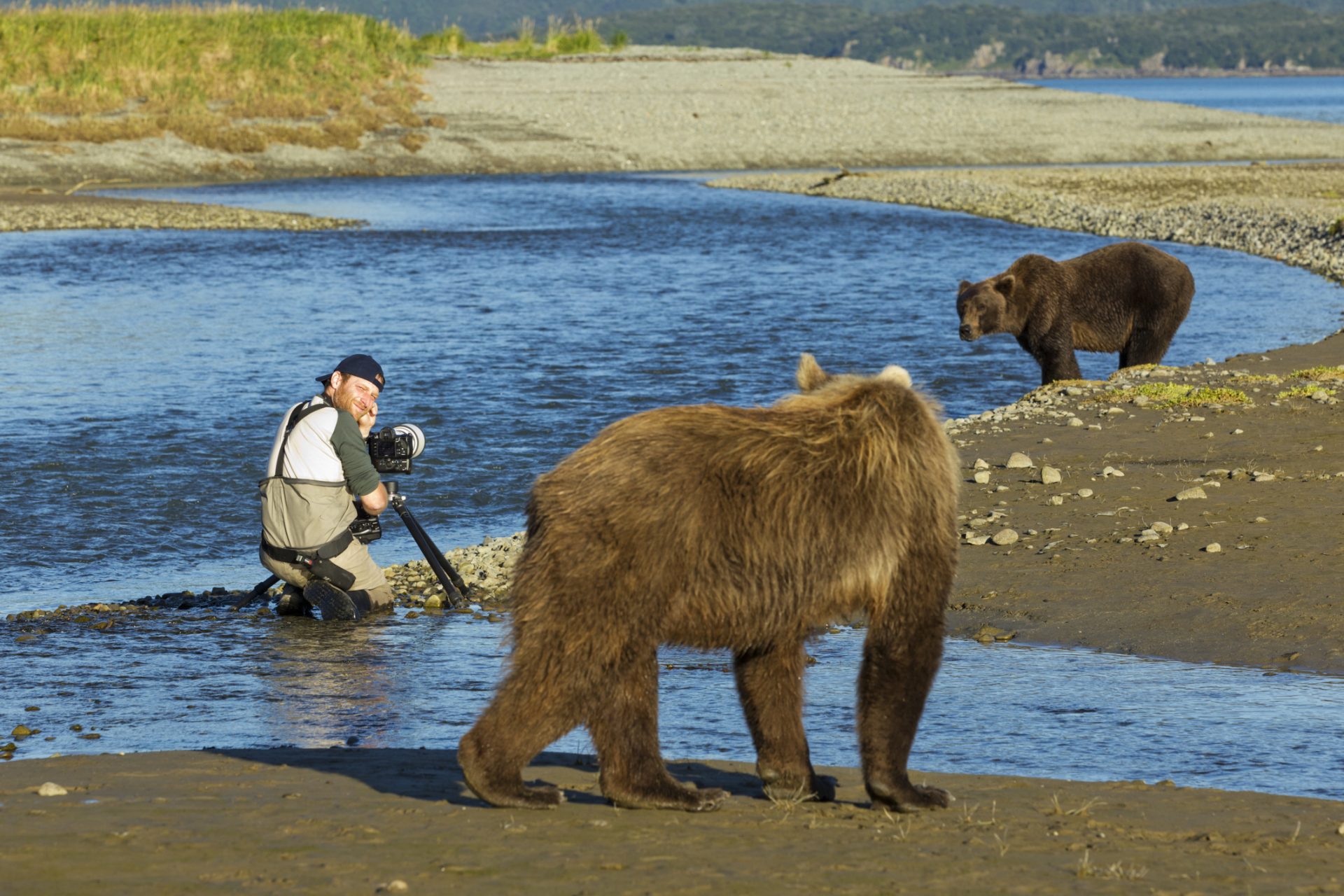
The answer is complicated
Why animals don’t attack humans more often than they already do is a bit complicated, and it was a question that Live Science’s Patrick Pester tried to answer in 2021 as part of an ongoing series called Life's-Little-Mysteries.
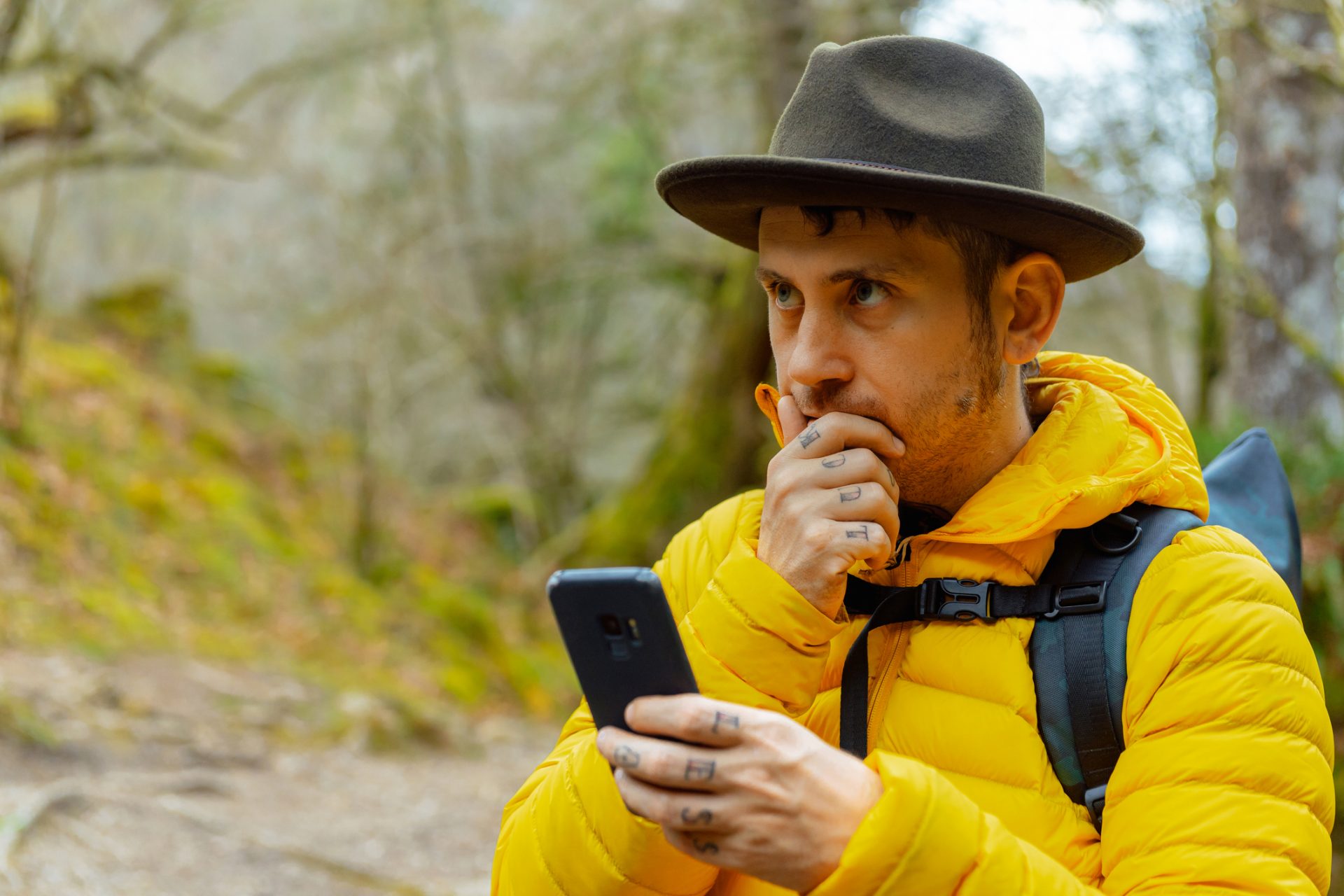
We should thank our physiology
What Pester discovered was that humans have our physiology to thank for not being on the menu for more animals more often. Humanity evolved to be bipedal and it had a big impact on how animals perceive our threat level.
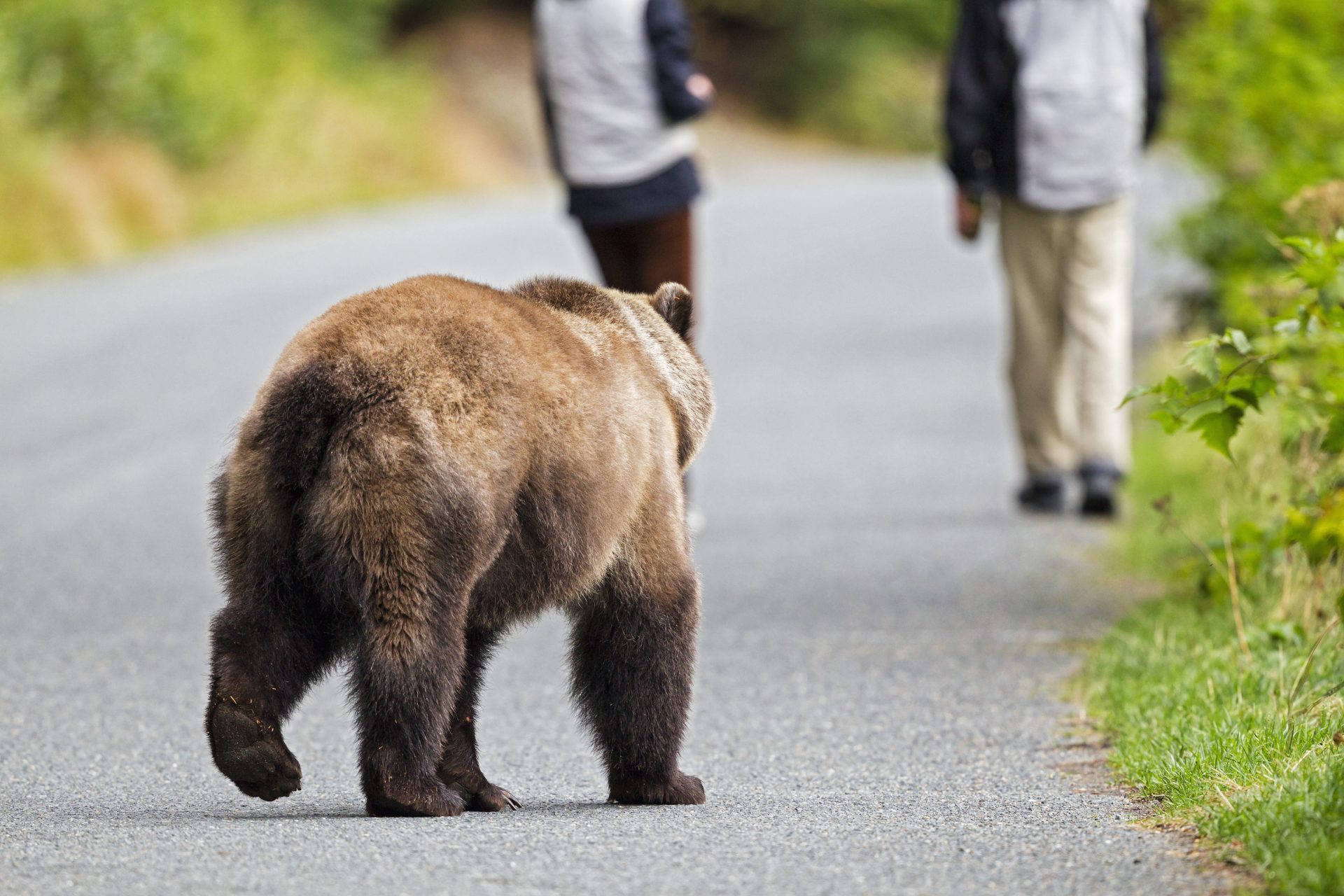
Bipedalism makes us threatening
"There is a threat level that comes from being bipedal," Hawks told Live Science. "And when we look at other primates — chimpanzees, gorillas, for instance — they stand to express threats,” paleoanthropologist John Hawks told Live Science.

Making ourselves look larger
Hawks went on to explain that becoming larger in appearance is threatening to others and it was one of the easiest ways that animals communicate to predators that they’re in trouble if they plan to attack or eat their prey.
Photo by Lance Reis on Unsplash
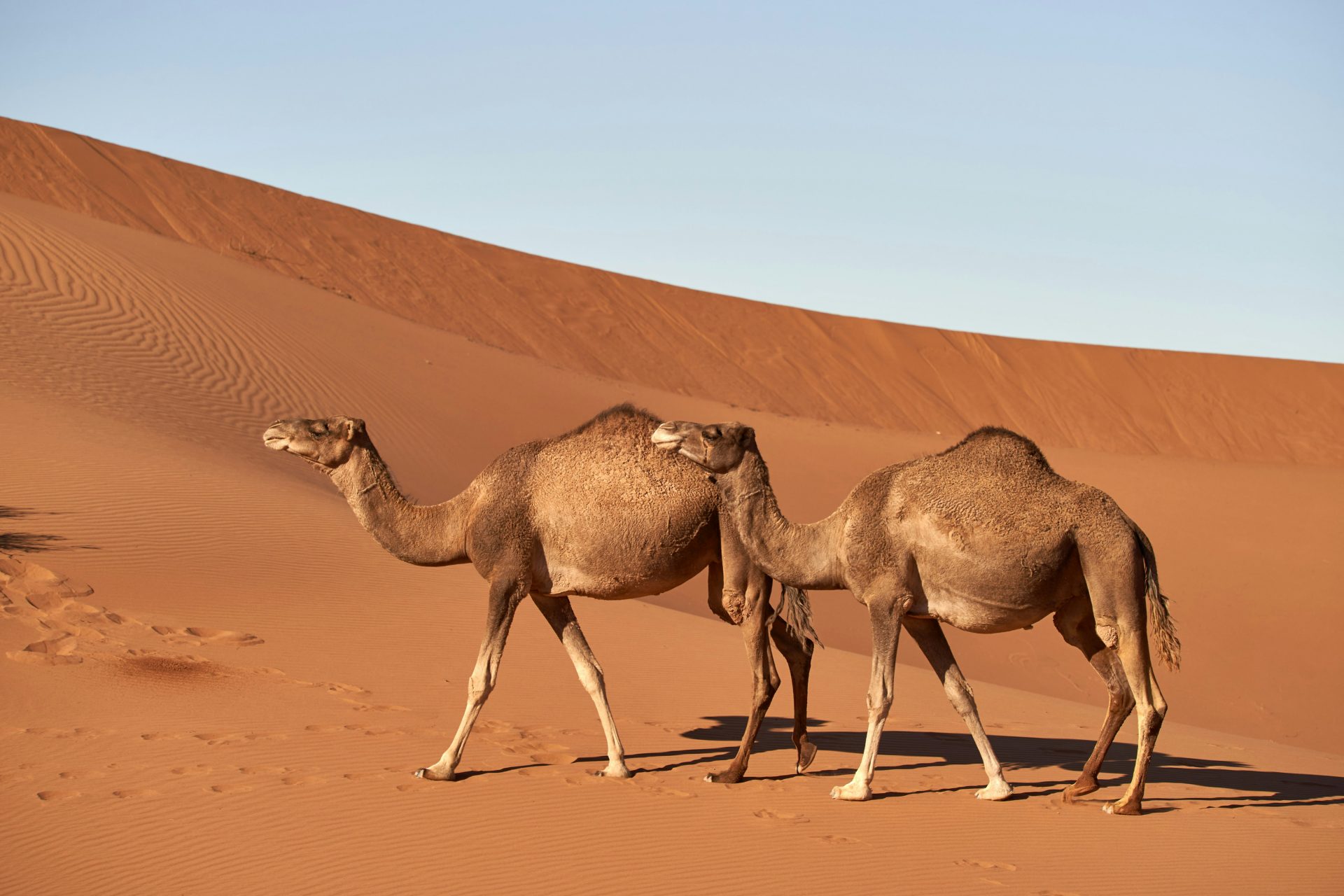
A few examples from nature
Camels, gibbons, and hooded seals are just a few examples of animals that evolved to make themselves look bigger in order to scare off their predators according to National Geographic, and bipedalism is the same in people.
Photo by Wolfgang Hasselmann on Unsplash
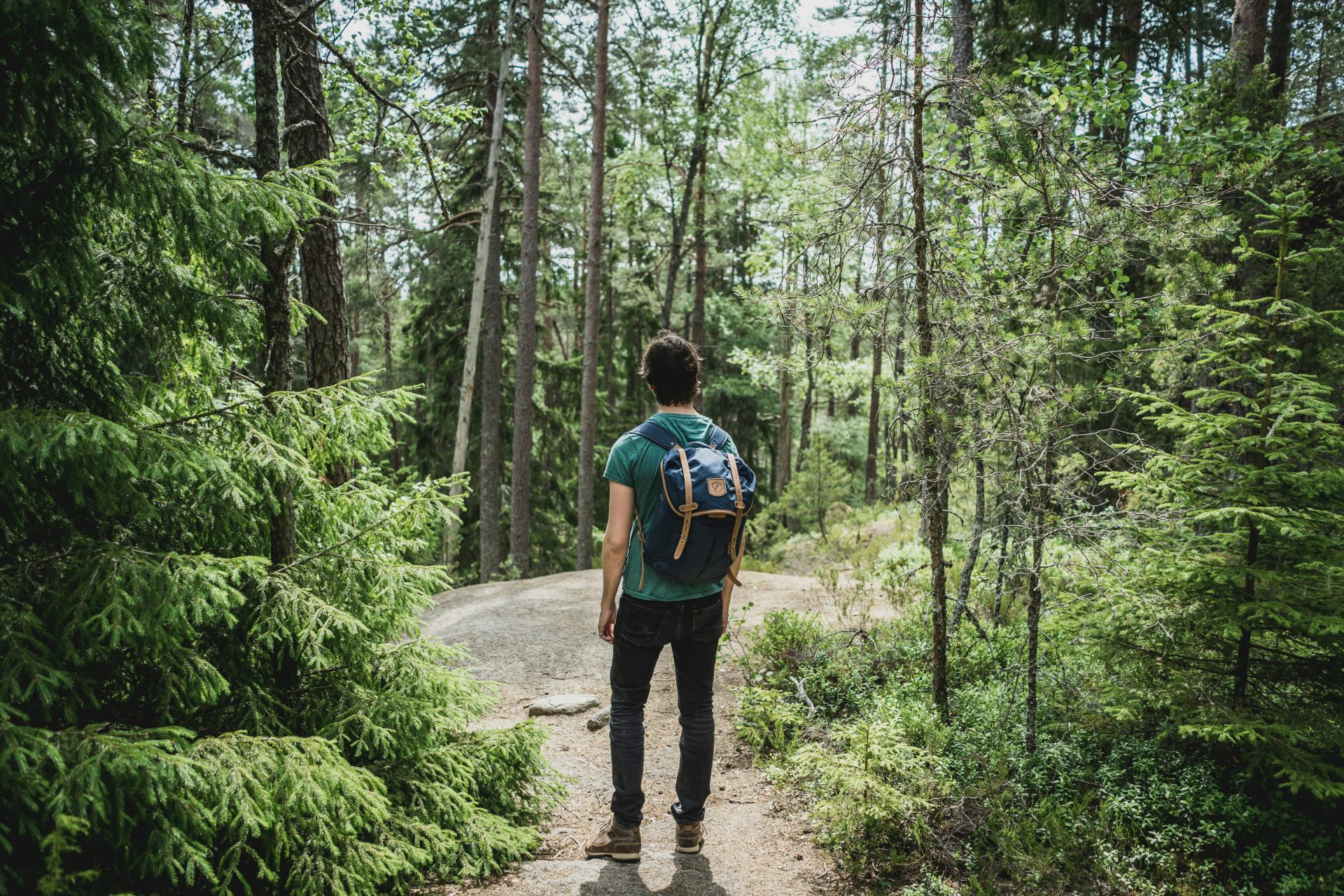
Bipedalism has some drawbacks
Walking upright makes humans look bigger than they actually are and this turn helps us when animals come looking for a meal. However, our two-legged strength can also be a major weakness according to Pester.
Photo by Patrick Schneider on Unsplash
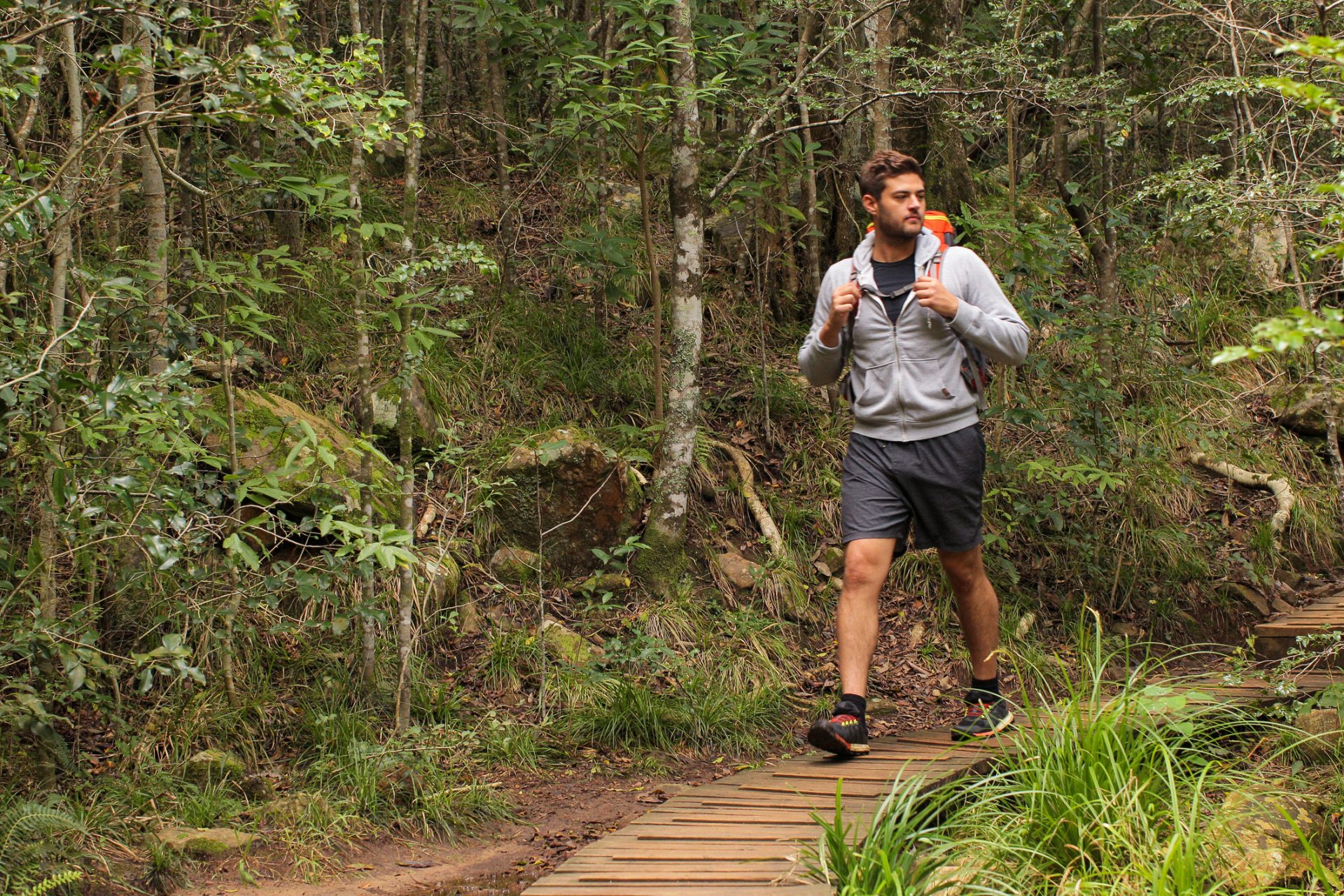
We’re just bluffing animals
Walking on two legs instead of four makes us slower. But Hawks noted that our upright stance helps make up for its weakness."It's sort of like a bluff," Hawks explained. "It's like, 'I'm walking around; I'm tough; I'm showing where I am on a landscape.'"
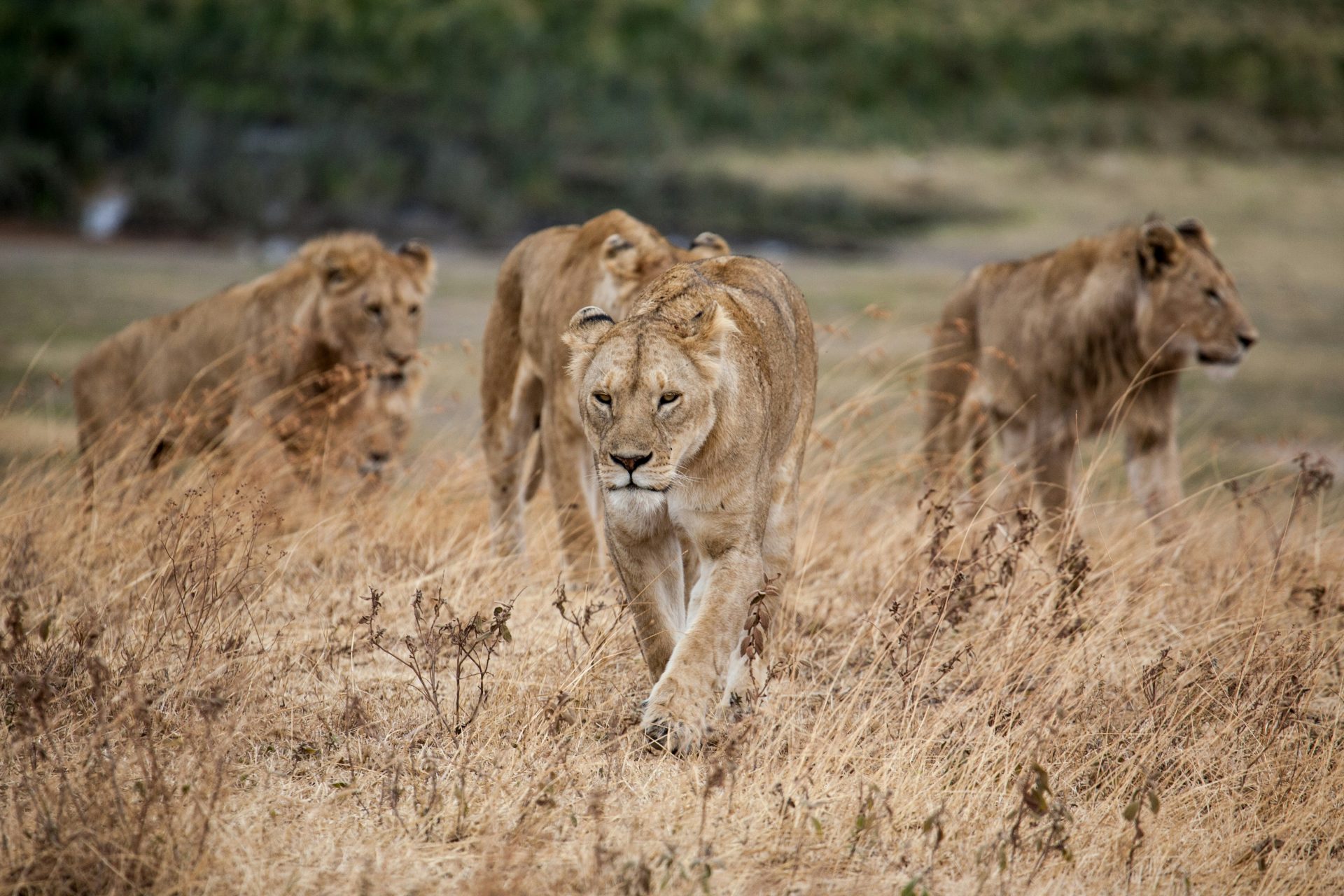
Why don’t lions attack tourists?
This concept was also detailed by Smithsonian Magazine when answering a question about why lions didn’t attack tourists when they were on safari. The short answer was that the lions viewed the cars they were in as a threat they couldn’t handle.
Photo by Jeff Lemond on Unsplash
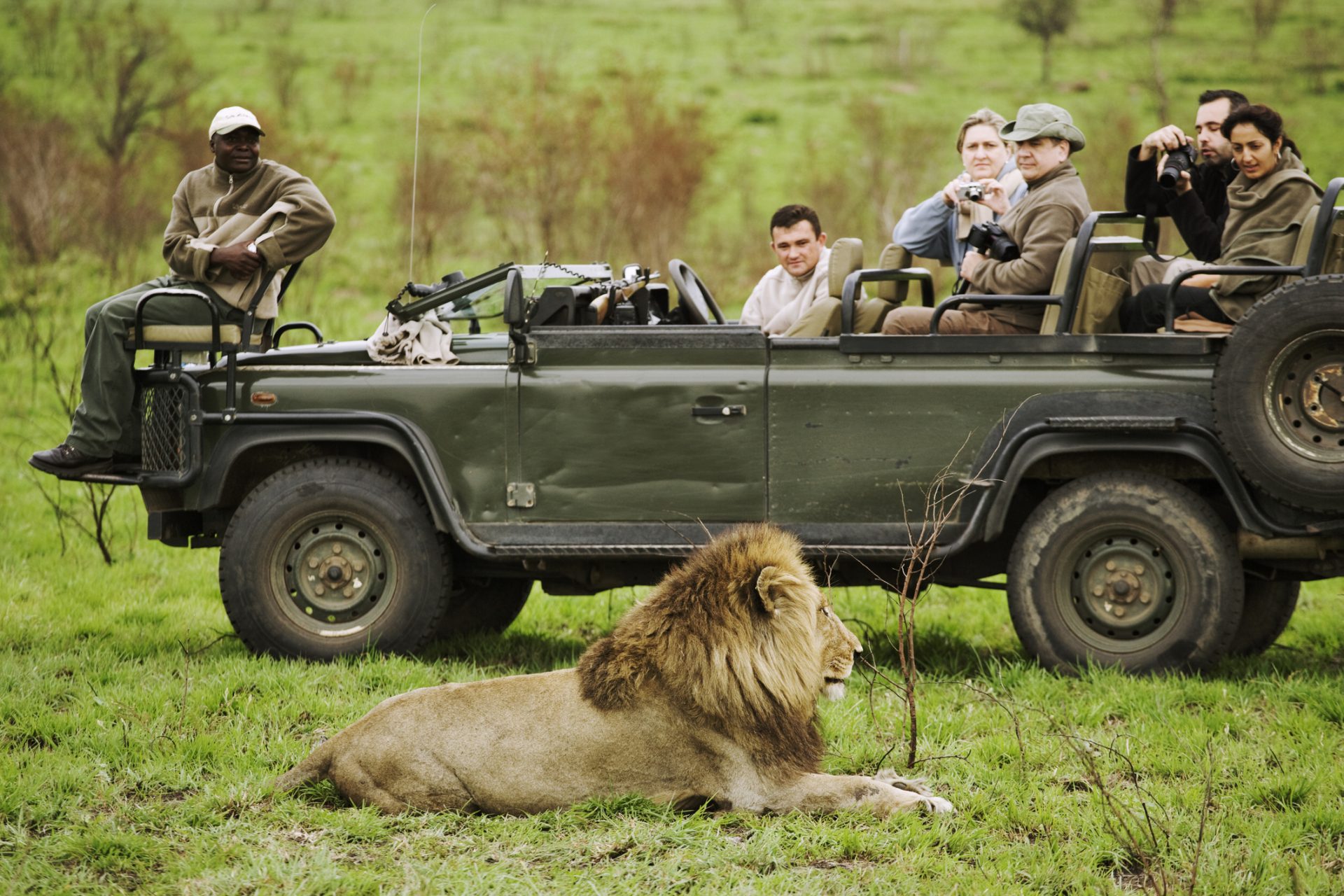
“It’s all about predator-prey dynamics”
“It’s all about predator-prey dynamics,” wrote Craig Saffoe, Curator of Great Cats at the National Zoo. “A lion wouldn’t think twice about going after an individual human, but a motor vehicle is just so much larger than any animal a lion would usually attack as prey.”
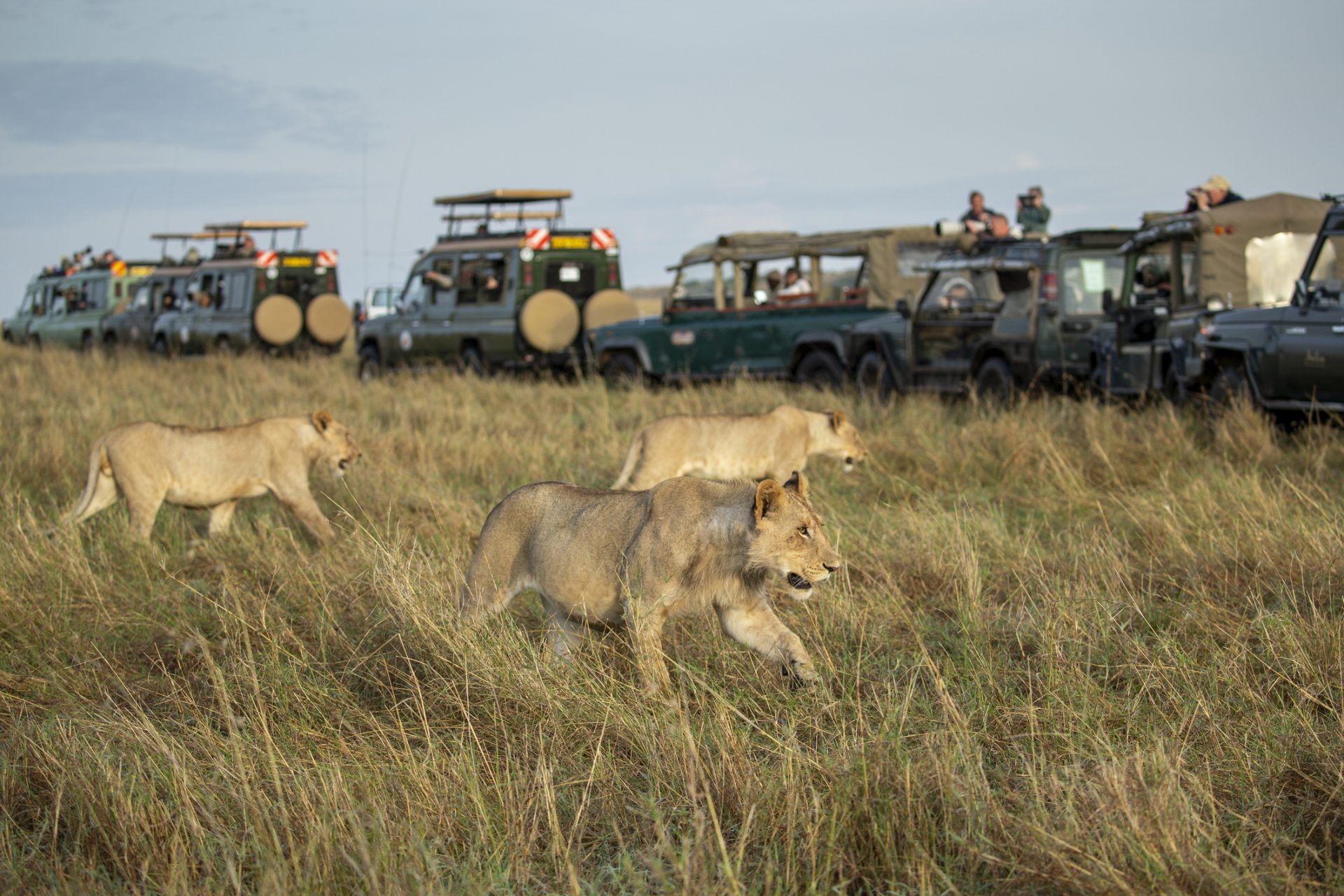
Avoiding being perceived as pray
“This dynamic also helps explain why animals do things or have characteristics to make themselves look larger—to avoid being perceived as easy prey,” Saffoe continued. But there are also two other important reasons animals aren’t attacking humans.
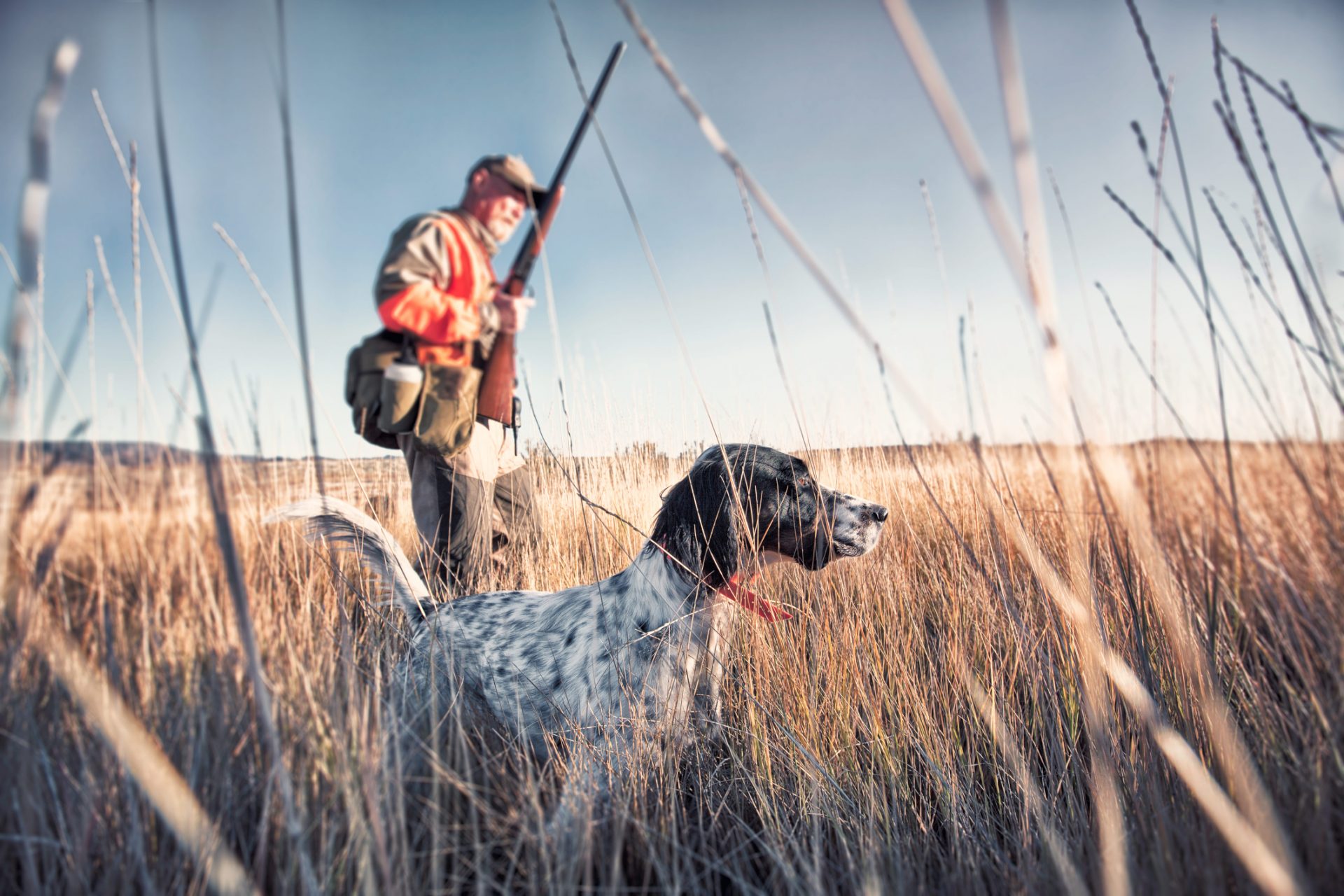
We also has tools and weapons
First, humans have developed an arsenal of tools and weapons that help even the field when it comes to taking on animals. Our ability to kill at a distance made humans more deadly to predators, which Pester noted meant we took the fight to larger animals.
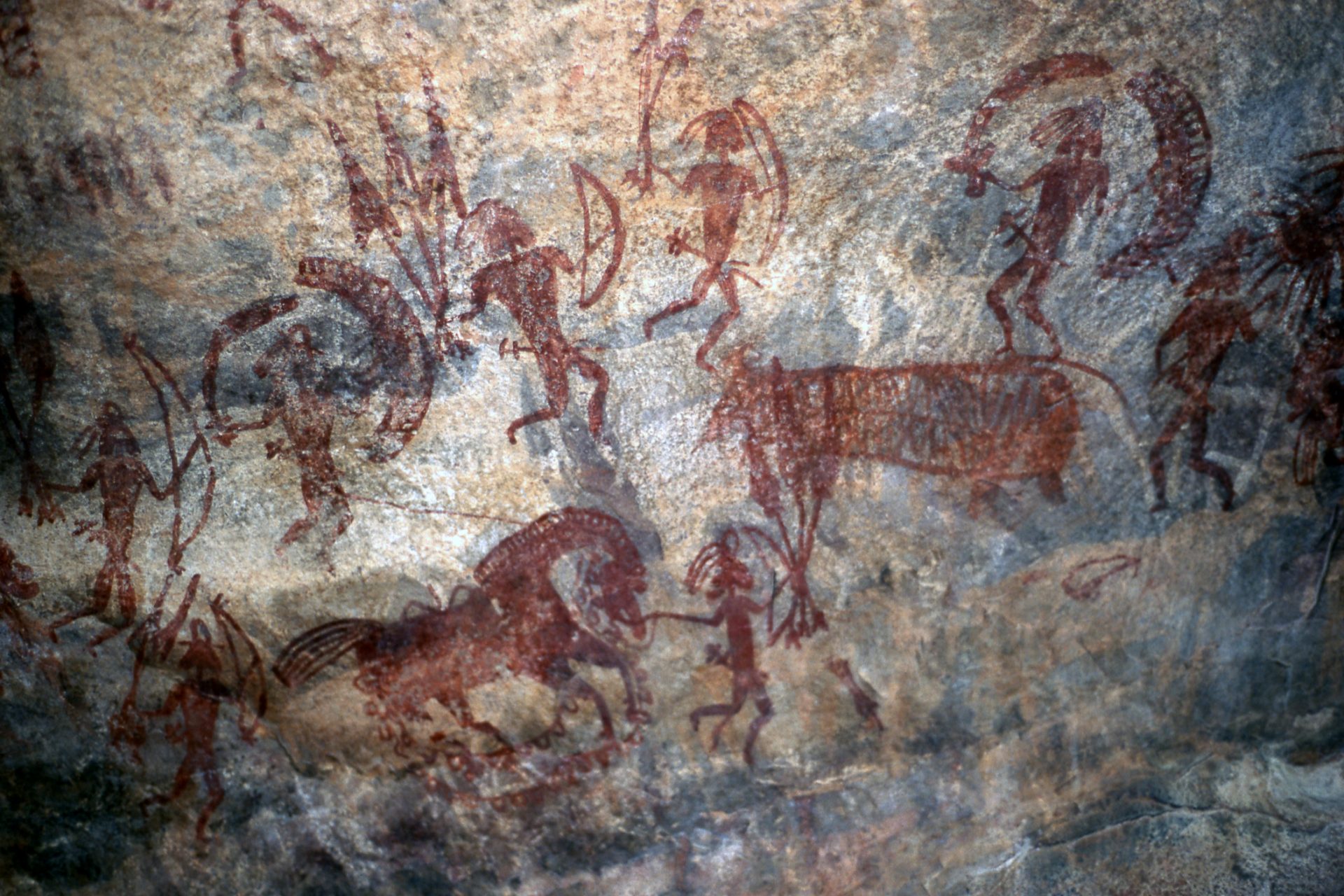
There aren’t many big predators left
The third reason why animals don’t attack humans more often is that there just aren’t as many larger predators as there used to be in the past. Humans have spent the majority of our history clearing out the animals that pose the biggest threat to our survival.

Clearing the land for a long time
"We've been trying to essentially clear the landscape that we use for large predators for a very long time," explained Justin Suraci, the lead scientist in community ecology and conservation biology at Conservation Science Partners.
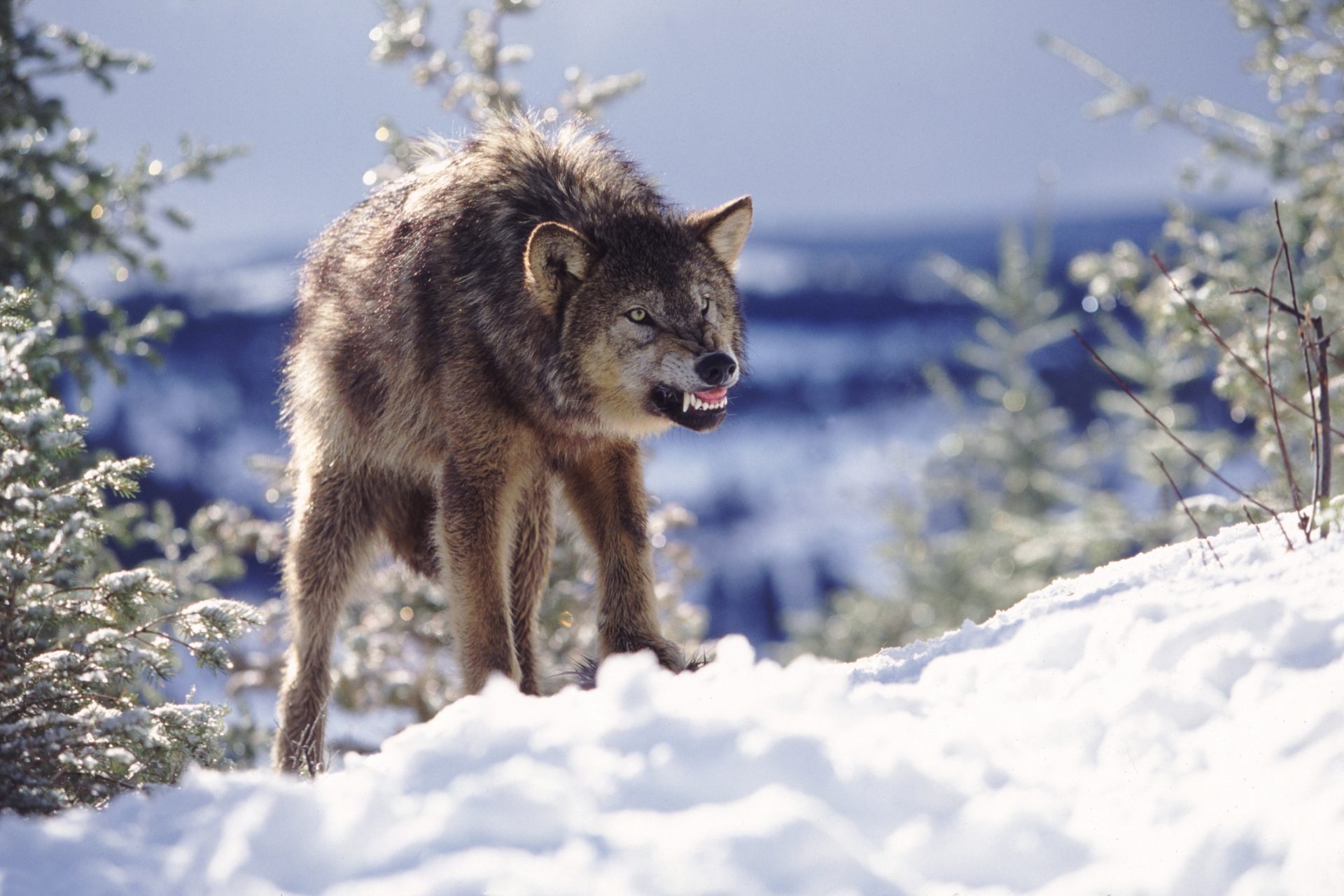
Predators have a healthy fear of humans
"For very logical reasons, some of these larger predators have a healthy fear of humans in the same way that any prey species would fear its predators," Suraci said, which is a situation that helps keep both humans and their predators safe.
More for You
19 Things People Treat As Safe That Actually Are Pretty Dangerous
Donald Trump has saved Nato – and the West
7 Things Stroke Doctors Say You Should Never, Ever Do
What happens if you don't use airplane mode on your flight? Here's the answer to that, and more common travel questions.
106 Favorite Recipes From Our Test Kitchen
Fed's Powell, jobs report and Apple will rock markets this week
Scientists have discovered the maximum age a human can live to
‘NCIS: Hawai'i' Star Vanessa Lachey "Gutted", "Blindsided" By Series Cancellation; Cast & Creators React – Update
Advice about 401(k) rollovers is poised for a big change. Here's why
12 Curved Sofas That Instantly Elevate Any Living Room
19 Things That Will Happen When You Stop Drinking Alcohol
30 food items that you might not know are banned in America
Spacecraft spots "spiders" scattered across surface of Mars
Scientists claim people with this blood type more likely to have early stroke
LeBron James explodes on Darvin Ham during Lakers' Game 4 victory over the Nuggets
Doctor reveals difference between what adults and children see when they die
Corn Makes This Pasta Sauce So Silky Smooth, Without Any Cream
50 classic 'SNL' sketches that will make you laugh just reading about them
Common Foods That Are Illegal to Grow in Your Backyard
Scientists finally confirm what lies inside the Moon

IMAGES
VIDEO
COMMENTS
It's all about predator-prey dynamics: A lion wouldn't think twice about going after an individual human, but a motor vehicle is just so much larger than any animal a lion would usually attack ...
Safari vehicle observing lions in Sabi Sands Game Reserve, South Africa. Lion attacks on safari vehicles are incredibly rare, both due to a lion's natural instinct to hunt familiar prey and the safety protocols put in place by the coordinators. If you'd like to embark upon a lion safari in Africa, consider exploring with Discover Africa.
Lions perceive vehicles as unusually massive beasts, so they don't attack them. Similarly, they don't attack large animals such as elephants. Lions, often called kings of the jungle, are not ...
So, why don't animals attack safari jeeps and other safari vehicles? First, they don't see them as prey. Unless a human separates from the vehicle, they are seen as a large beast that predators aren't going to try and take down. Second, animals that live in these areas are used to seeing jeeps on safari.
Safari guides often state that animals do not see everyone in the car as separate individuals. Instead, they see the vehicle as one giant object that is neither predator nor prey. Your Land Cruiser becomes part of the natural landscape, like a tree, and is to be ignored. Additionally, the vehicles are larger than anything they would normally ...
Safari tourists recently observed a pride of lions strolling just yards past their open-topped vehicle, and footage of the encounter begs the question: Why don't lions attack people who are so ...
Lions generally do not attack people in safari vehicles for a few reasons: Perception of the Vehicle as a Single Entity: Lions, like many wild animals, perceive a safari vehicle as a single, large ...
You see, in the natural world, lions see us as potential predators. This is a survival instinct that has been ingrained in them over countless generations. So, when they spot us in a safari ...
The reason why these animals don't get aggressive is that when an area is categorised as a national park and opened for tourists, the authorities do some preparations. They often drive the safari vehicles close to the animals to know their behaviour as it is an alien object in their world. The animals might get aggressive for the first time ...
Find relief in the answer to 'Do animals attack safari vehicles'. You will always feel safe on a safari adventure with Kopa Tours. ... This is their environment, we are visitors and don't bother them as they go about their normal day. Animals rarely interact with the safari trucks. The most common interaction is when they use the trucks for ...
Factors behind why lions don't attack safari vehicles. 1. Jeep's design. The jeeps employed at safari parks are open-air vehicles with a 360-degree field of vision for visitors. As a result, animals can see people and vehicles as a single, huge thing. Animals are less likely to become violent when people are seated inside a moving vehicle ...
Have you ever wondered why animals seem so calm around safari vehicles? In this episode, we delve into the intriguing question: "Why Don't Animals Attack Tou...
4. Habituation: In some safari areas, lions have become accustomed to the presence of vehicles and tourists over many years. Habituation occurs when animals become familiar with and less fearful of humans and their vehicles. Habituated lions are more likely to ignore or avoid vehicles. 5.
Avoid peak hunting times: You have a better chance encountering a lion or pride on the hunt at dawn, dusk and night, Muruthi said. While you should be cautious anytime, these times increase your ...
Estimates range from 20 to 250. Tanzania has the highest population of lions in Africa, and between 1990 and 2004, the country saw 593 deaths and 308 injuries from African lion attacks. Aside from ...
Why Don't Lions Attack When You Are On A Safari? Please consider to SUBSCRIBE:https://www.youtube.com/c/WildCiencias?sub_confirmation=1 For business inquir...
The post Why Do Lion Not Attack When you Are In Safari Vehicle appeared first on Animals Around The Globe. ... Lions, like many wild animals, perceive a safari vehicle as a single, large entity ...
Why do lions not attack tourists in safari vehicles? (why do lions not attack in safari)In this video, you will find out why do lions not attack tourists in ...
That is why the lions don't attack. A safari vehicle is bigger than most animals that a lion would normally attack. most animals are used to the safari vehicle being around, so they at times just ignore the car. It's unlikely lions will just attack a safari vehicle if the tourist behaves properly.
The probable reasons why tigers don't attack are complex, but short of reading their minds there is no definitive answer. Each animal is unique in terms of personality and there are multiple factors involved and many things we should consider: Regular Prey. We are not their regular prey. Nowadays, humans are not on a tigers menu.
5) Observe animals silently and with a minimum of disturbance to their natural activities. Talking loudly and standing up on game drive vehicles can frighten the animals away, or even trigger an attack; 6) Never attempt to attract an animal's attention. Don't imitate animal sounds, clap your hands, pound the vehicle or throw objects.
In this video, we explained Why do lions not attack when they are in a safari vehicle?Can you enter an open safari vehicle?Why lions don't attack safari cars...
Why animals can outrun robots. Science Robotics, 2024; 9 (89) DOI: ... Nov. 28, 2023 — Engineers have come up with a new way to teach robots to know when they don't know. The technique involves ...
Why animals don't attack humans more often than they already do is a bit complicated, and it was a question that Live Science's Patrick Pester tried to answer in 2021 as part of an ongoing ...
Why Don't Lion Attack When you Are In Safari Vehicle? The Answer Will Make You Surprise!Thank you for watching the video! If it feels good, please like, comm...